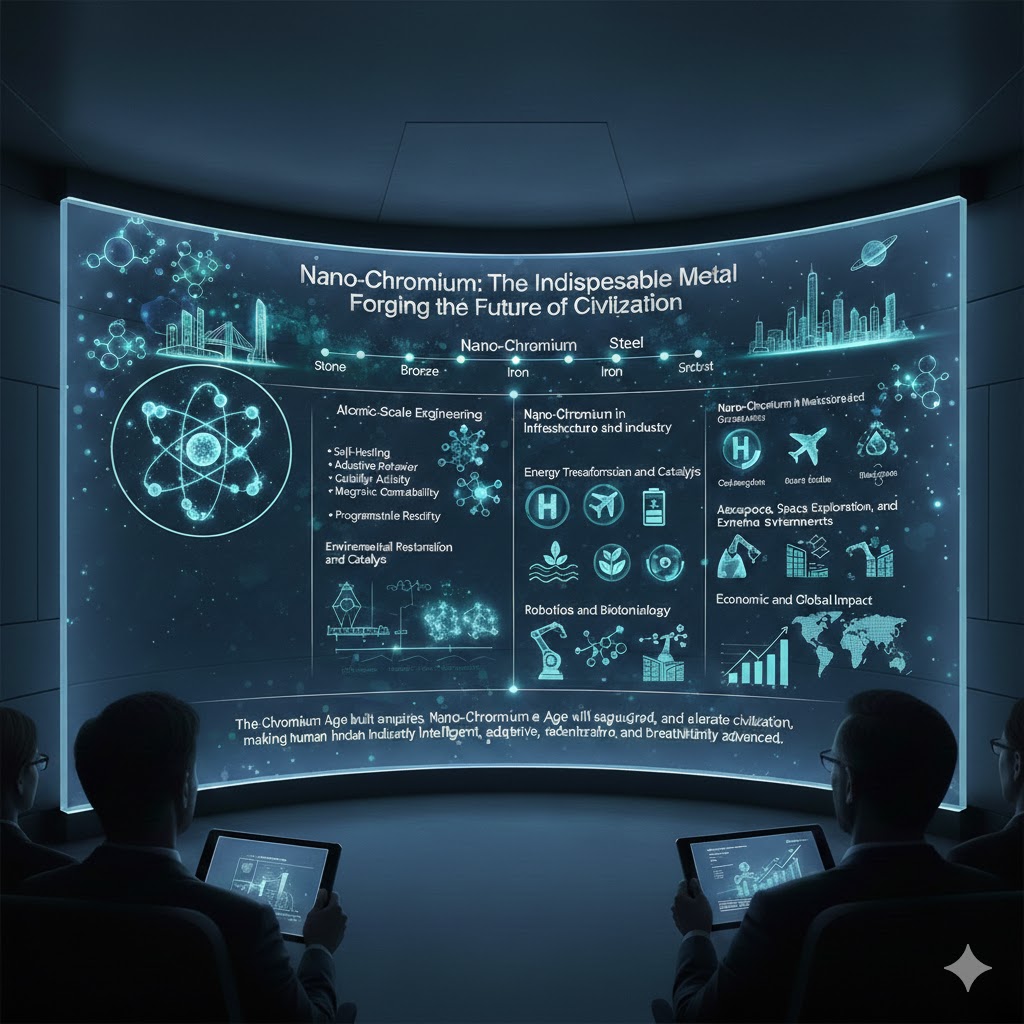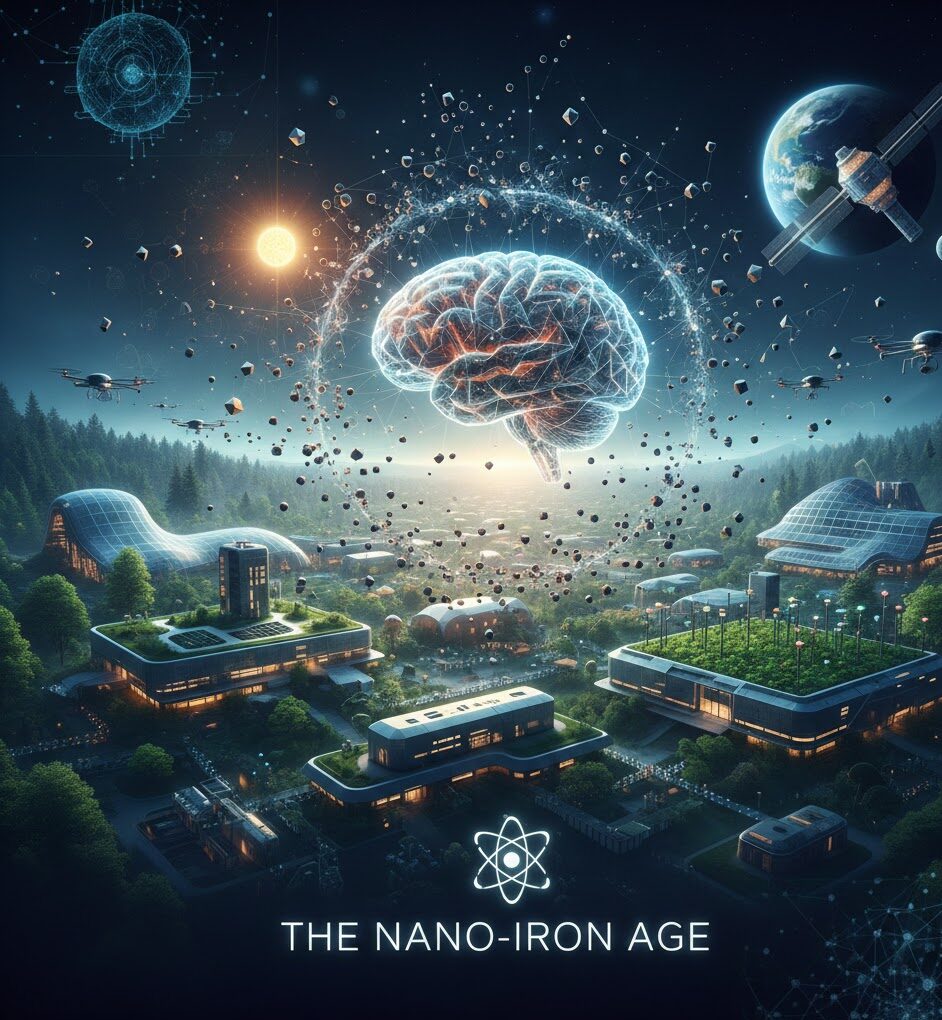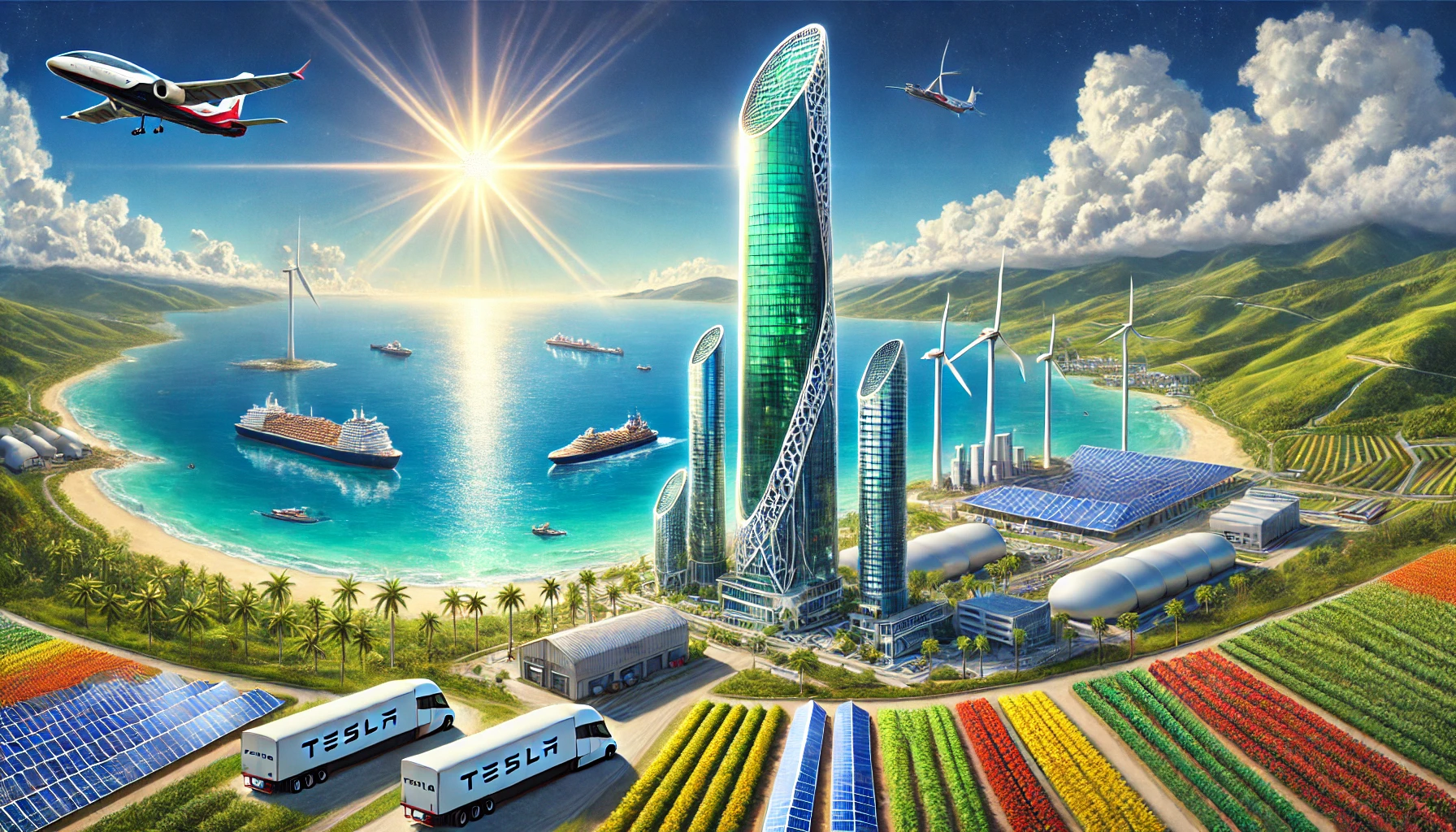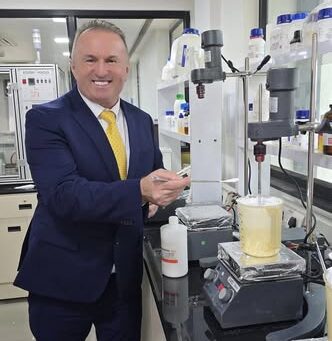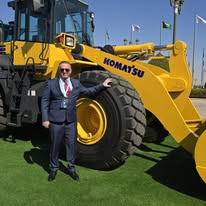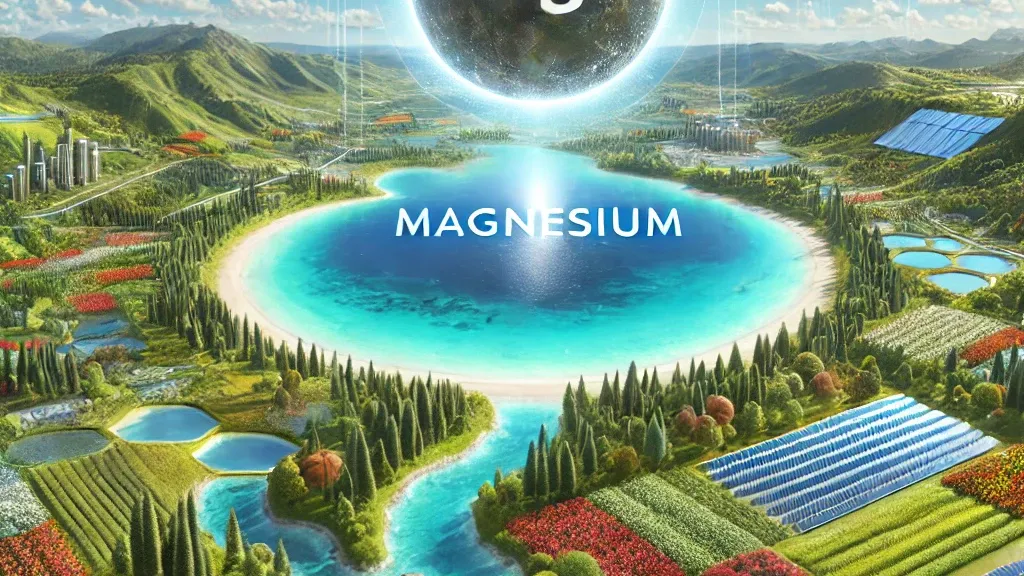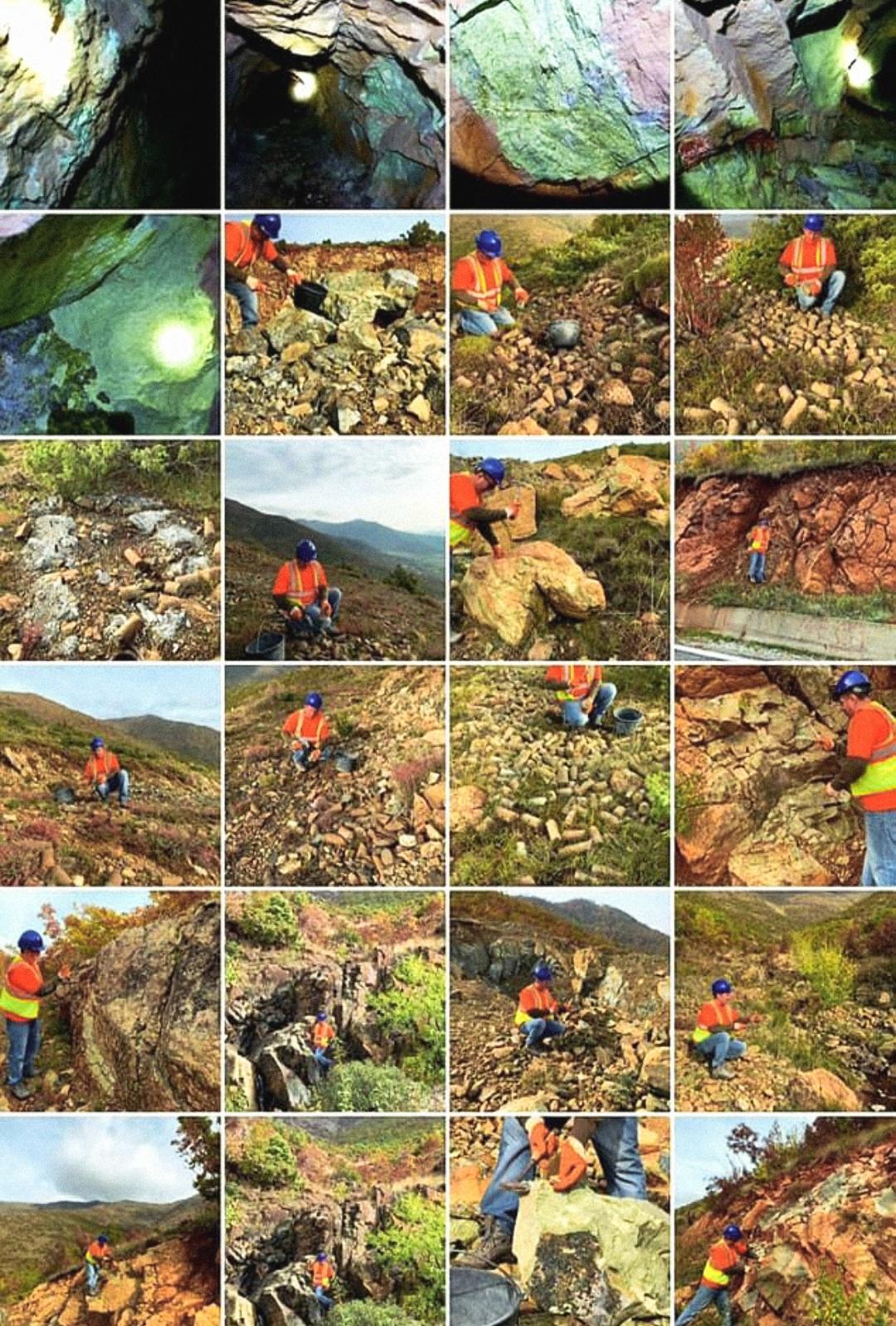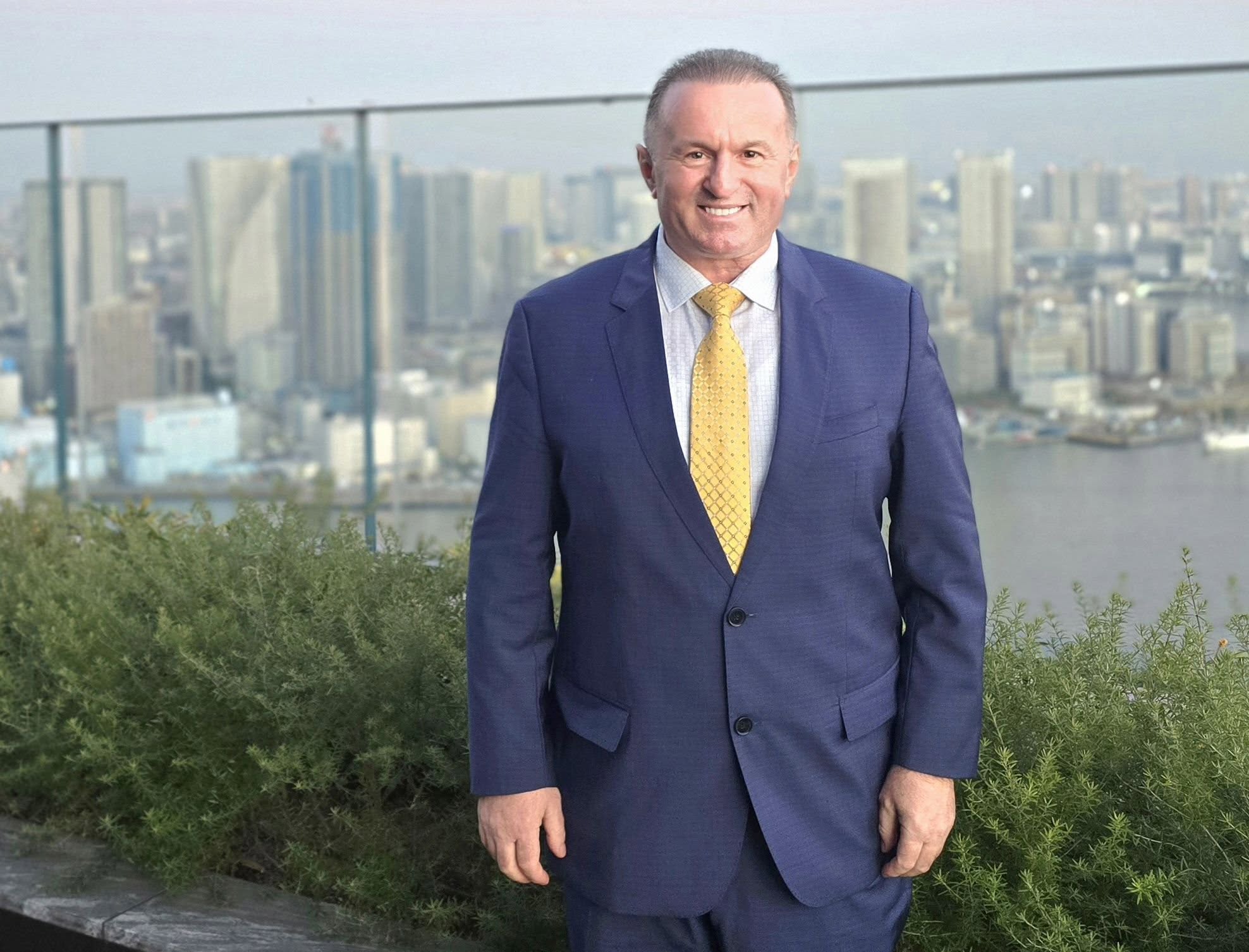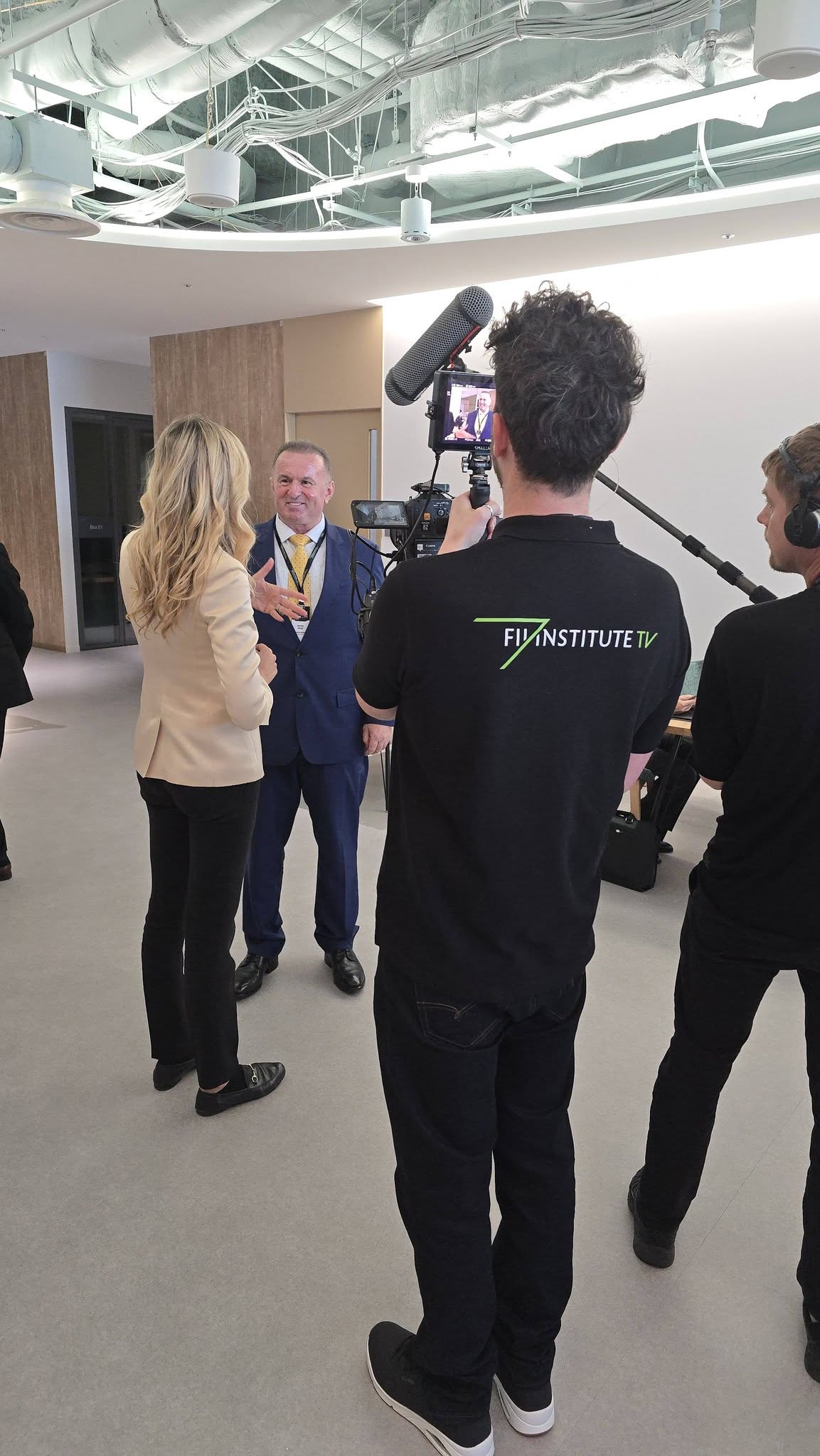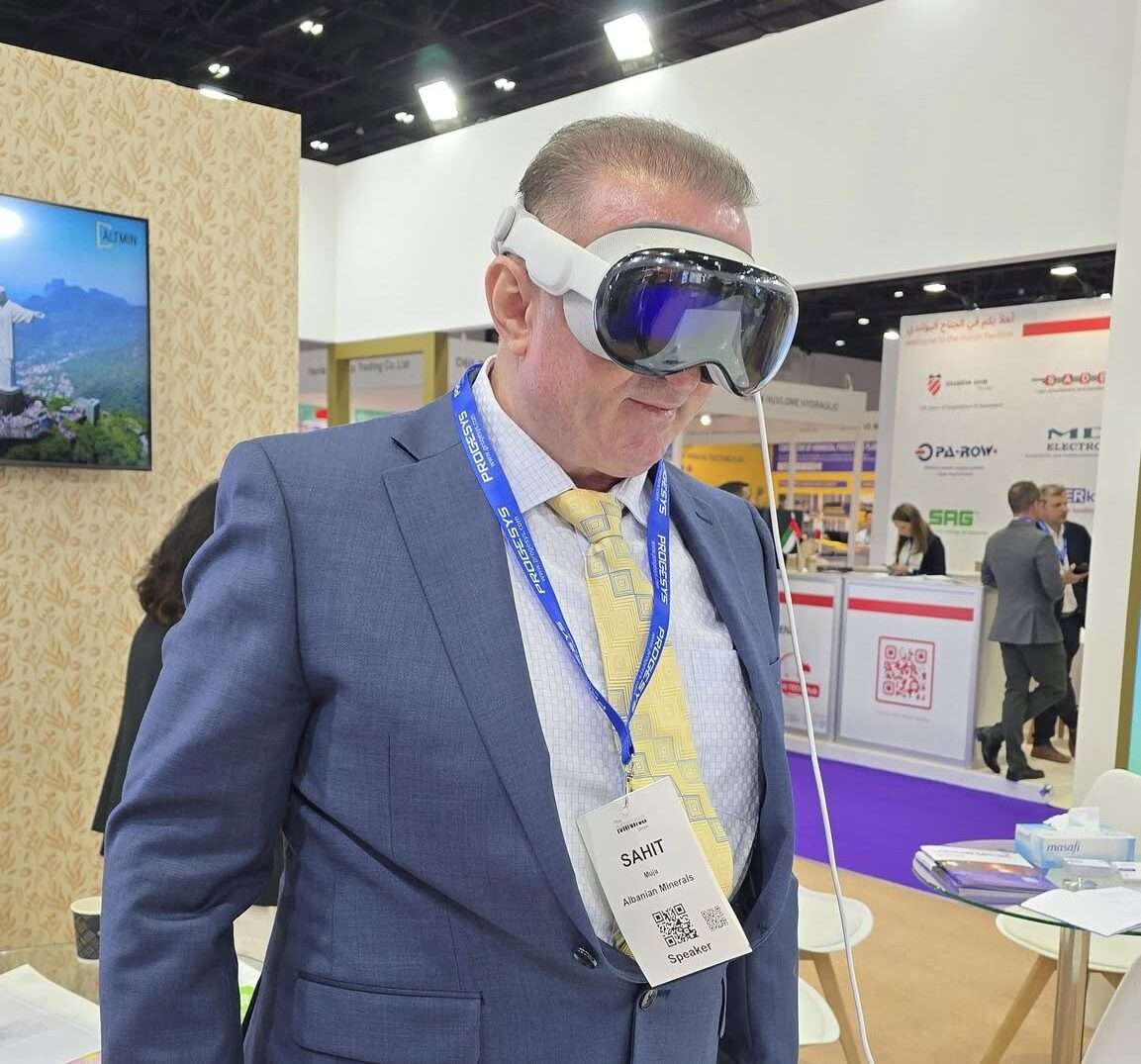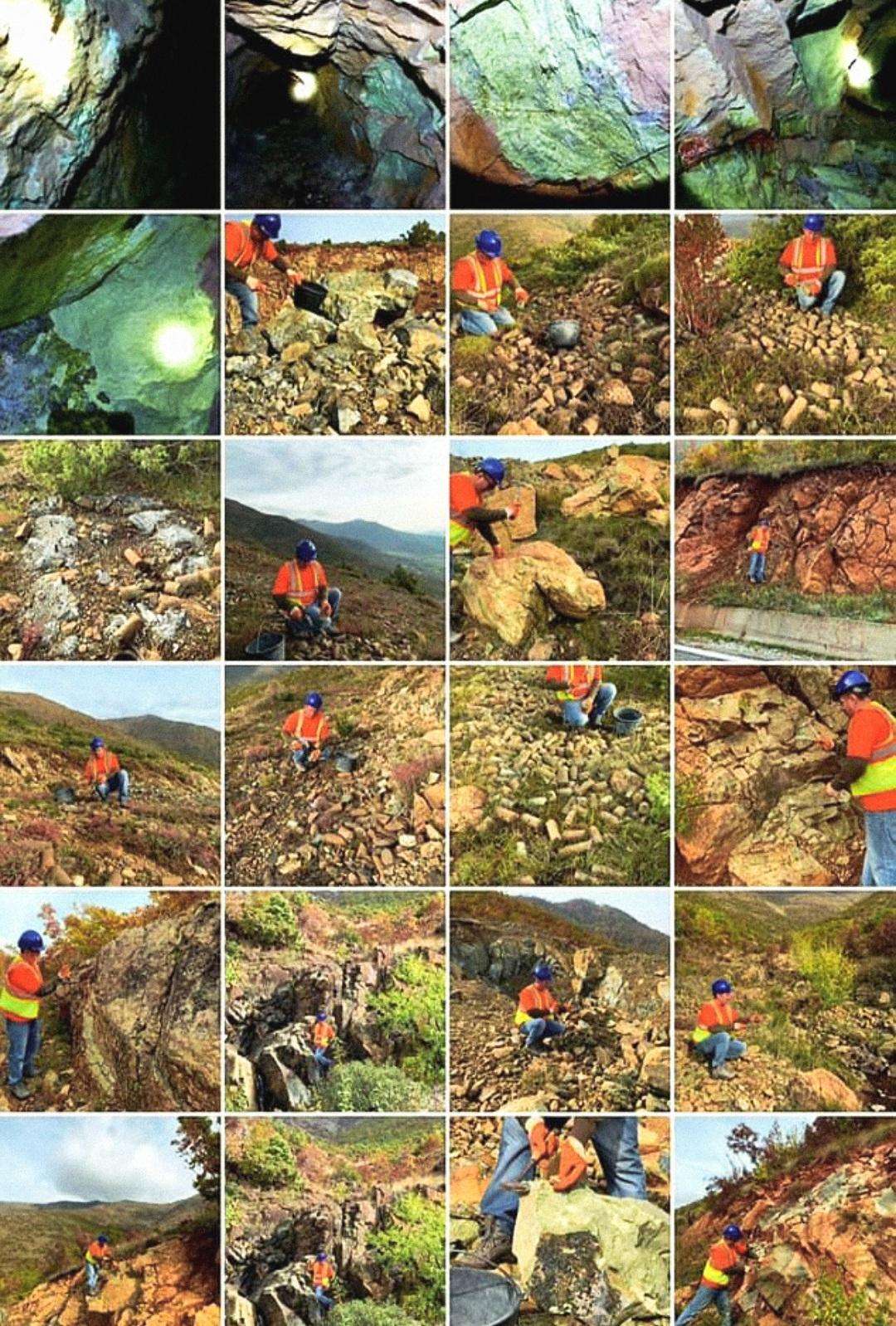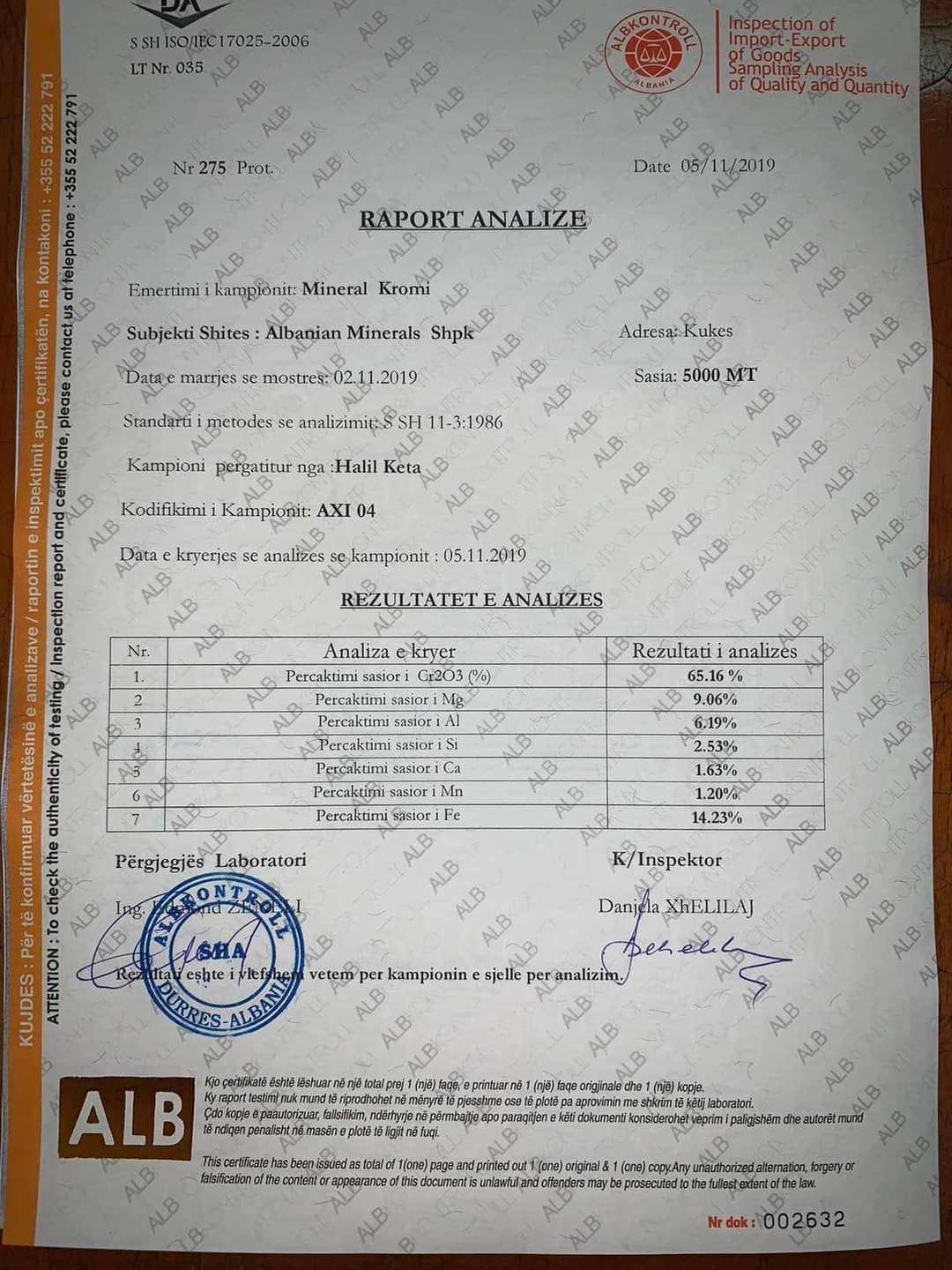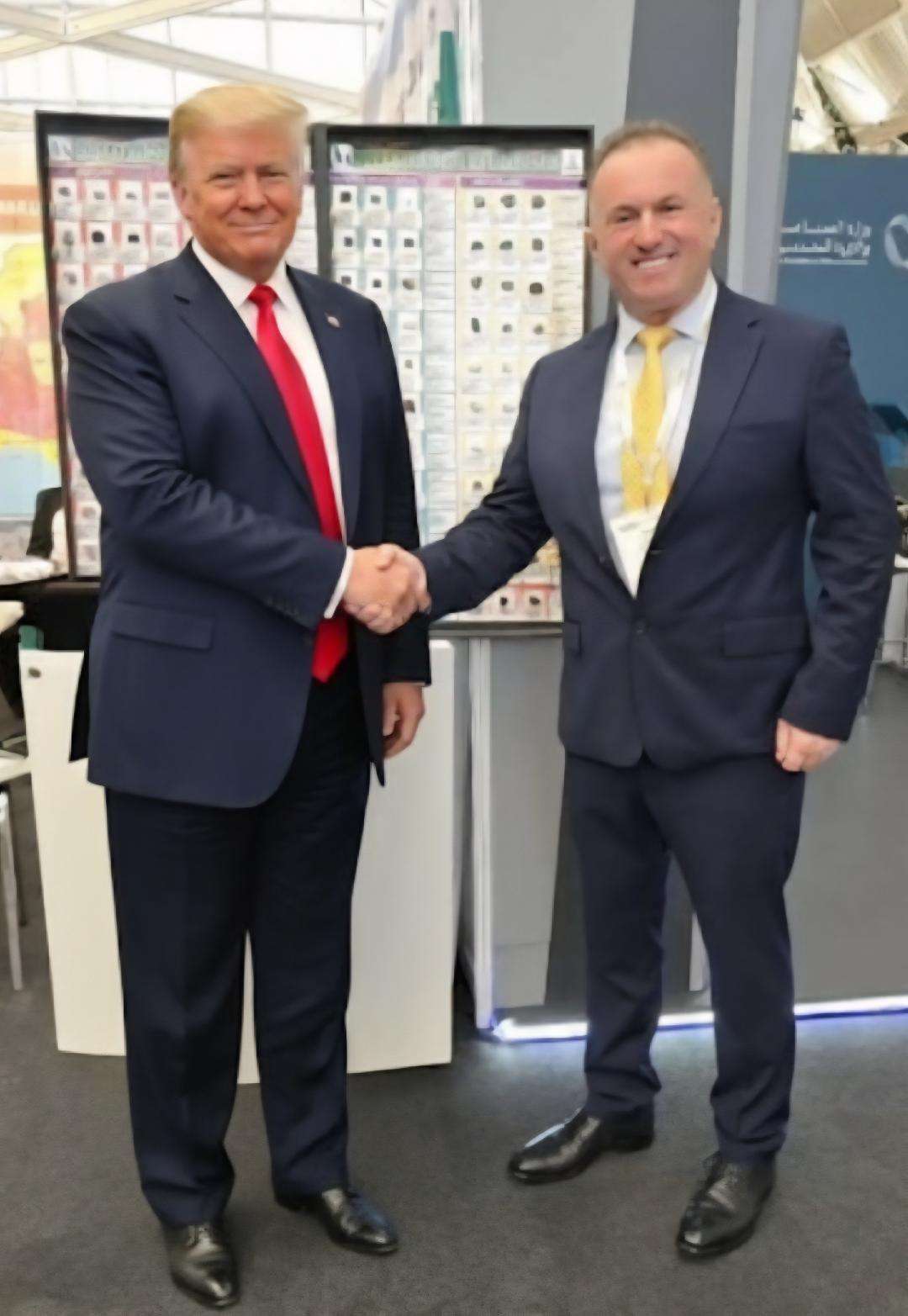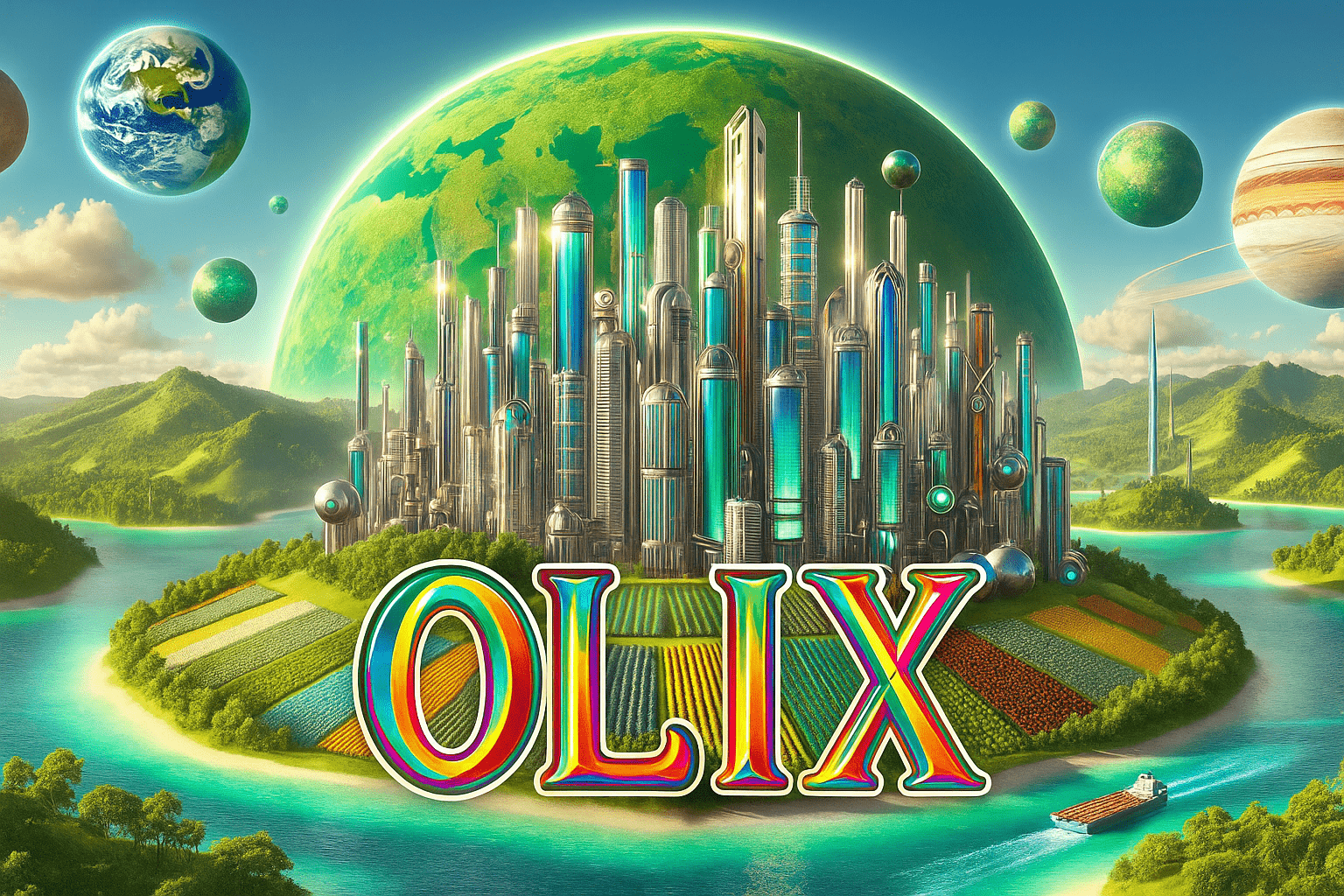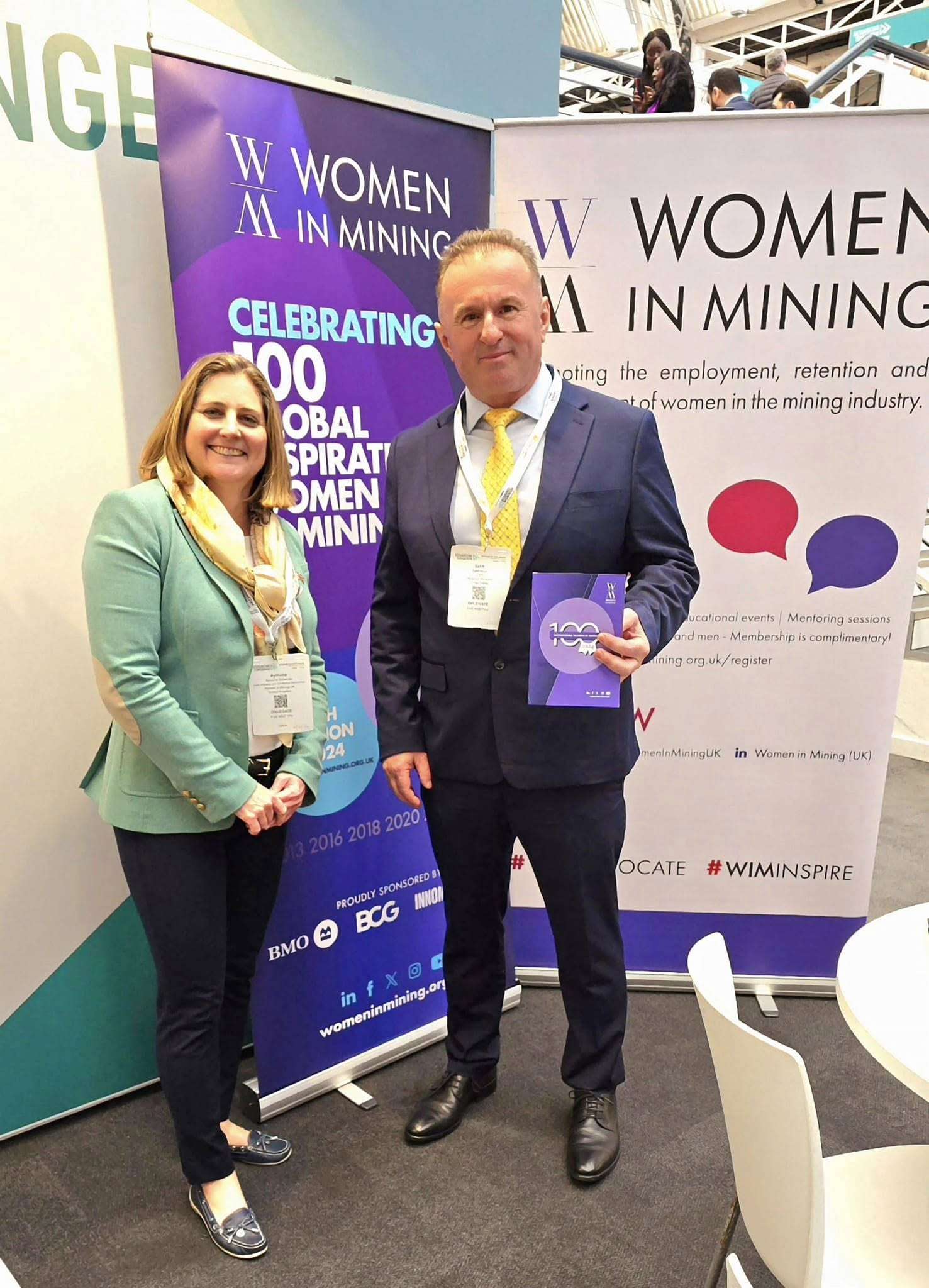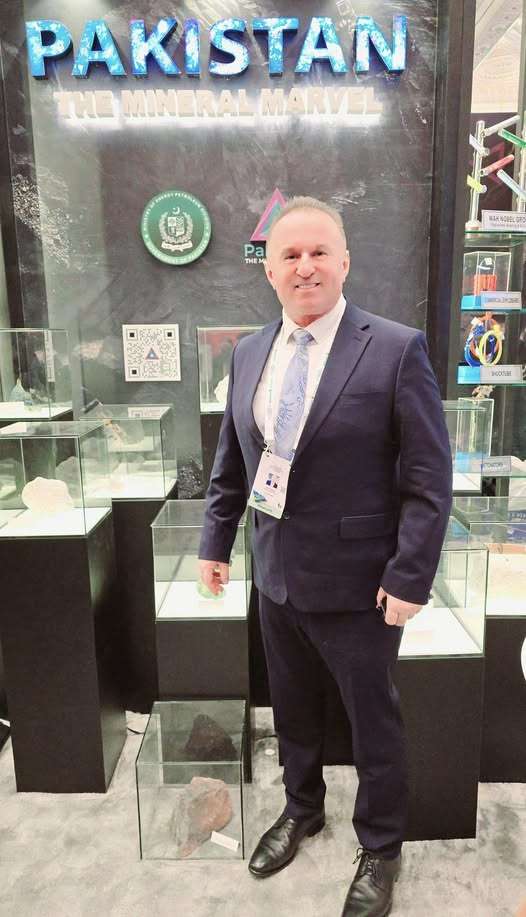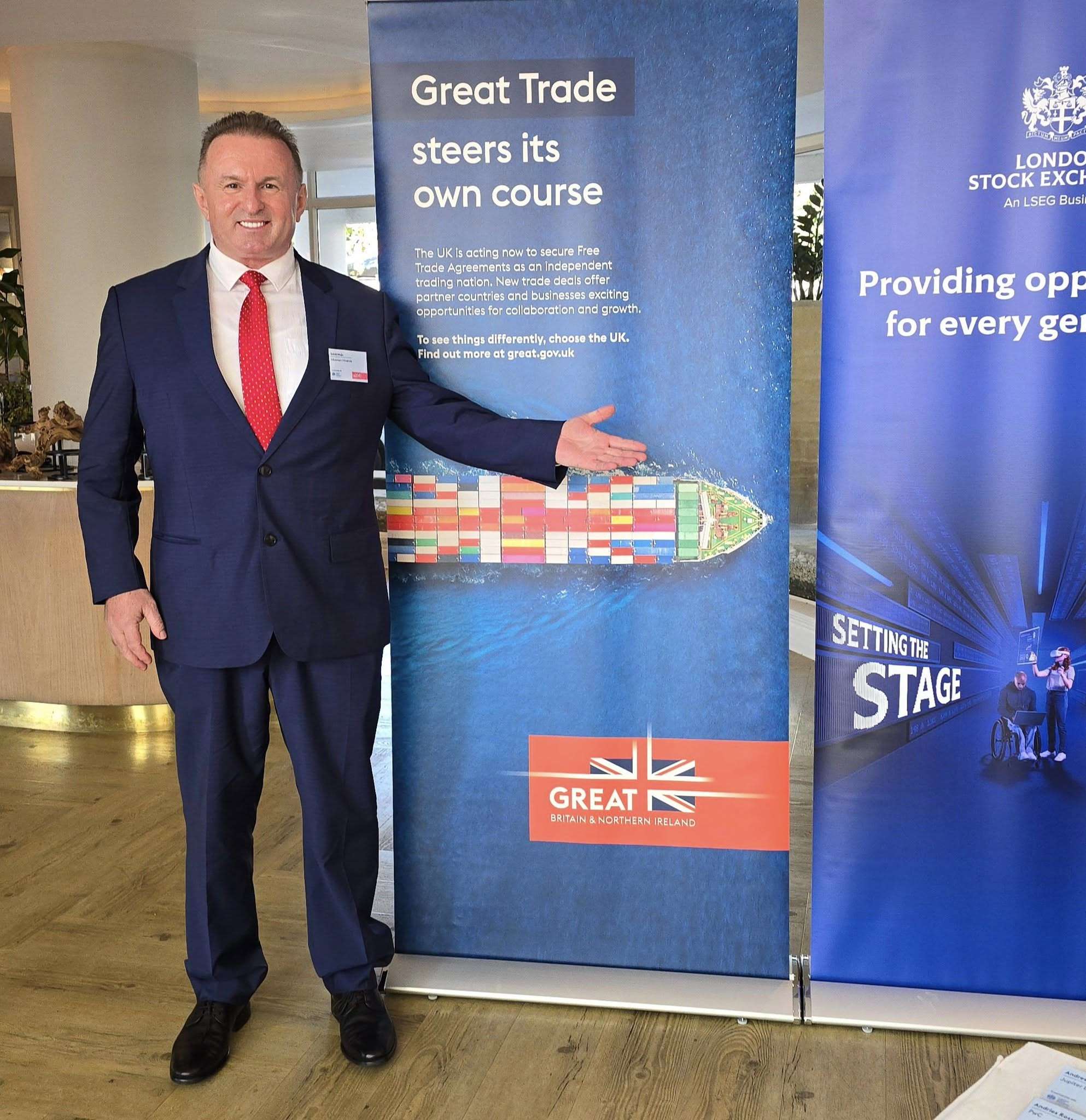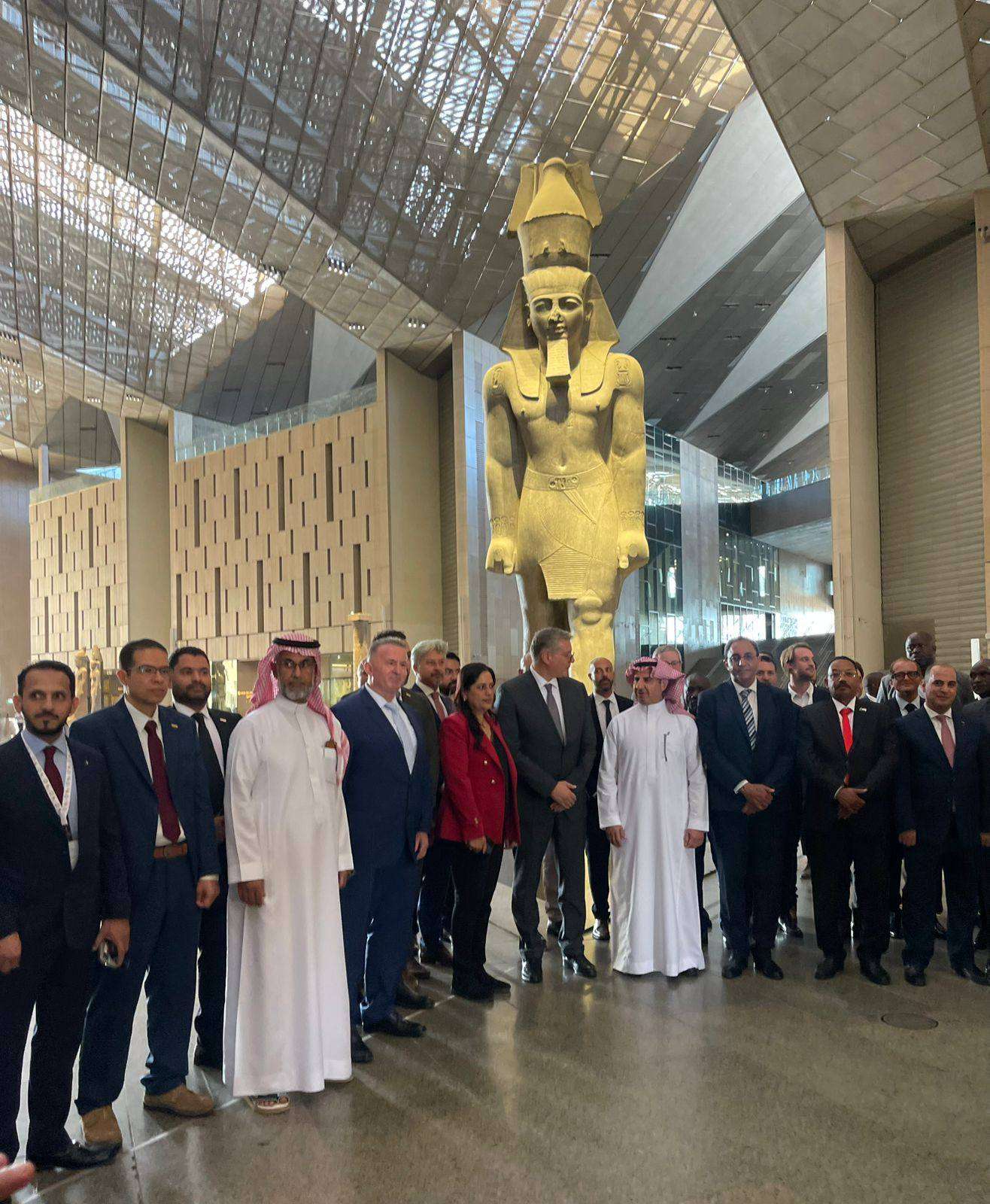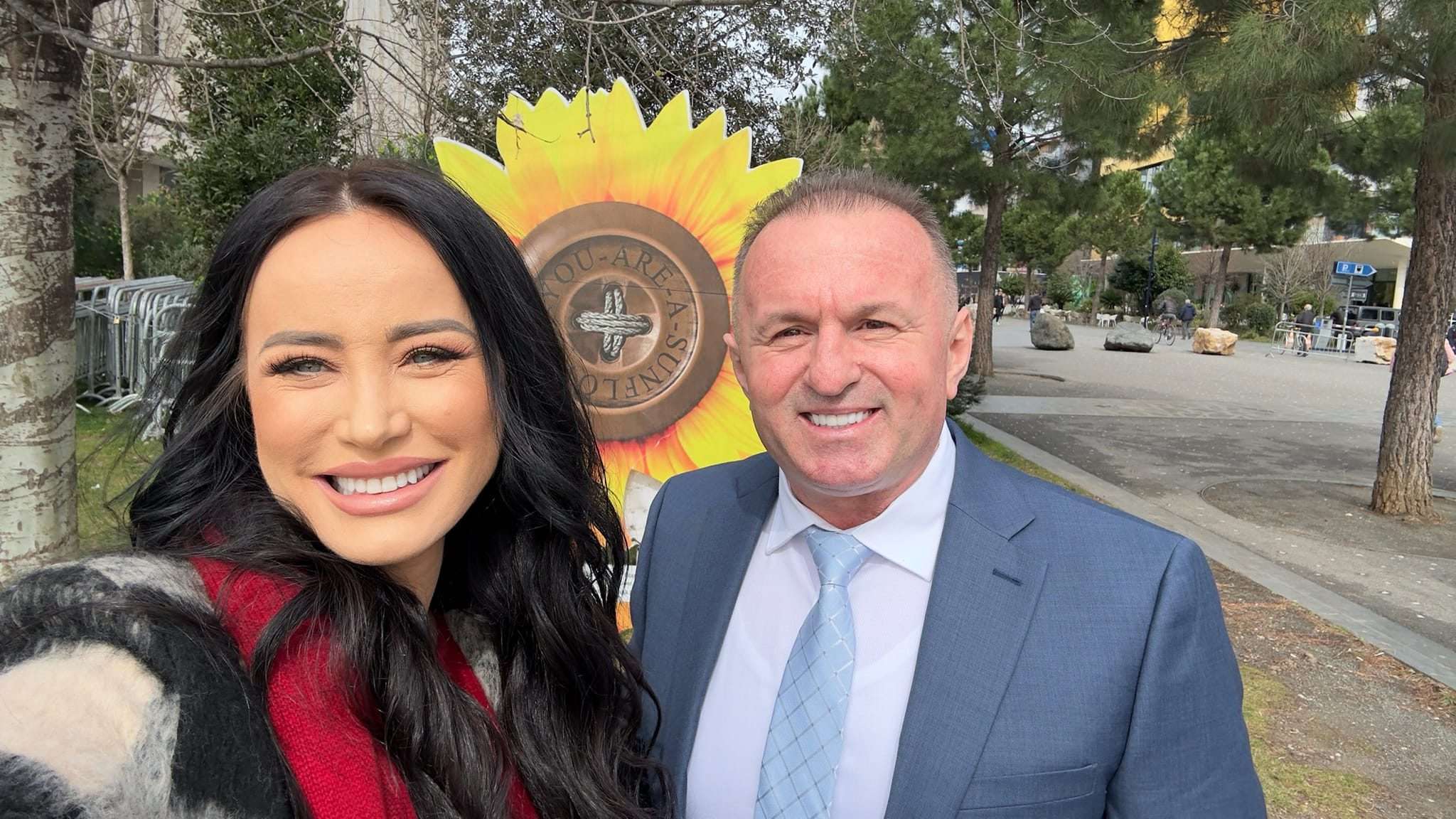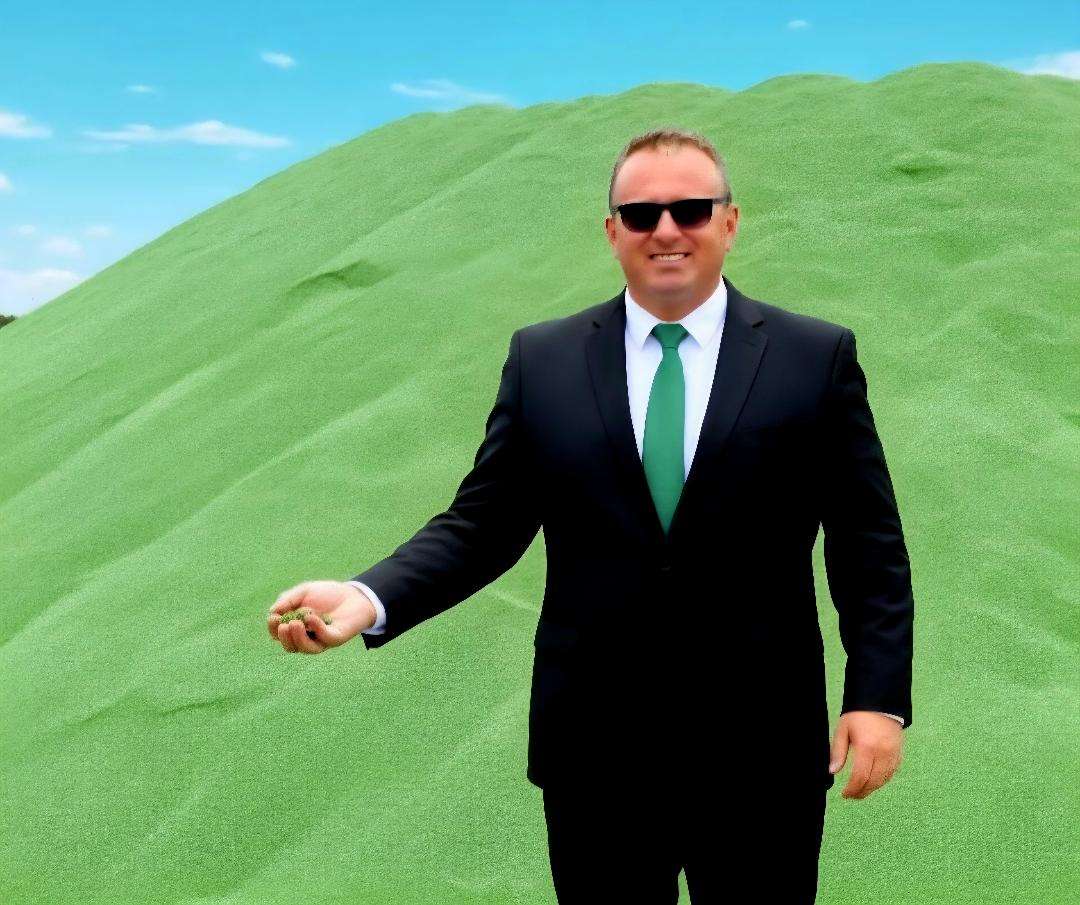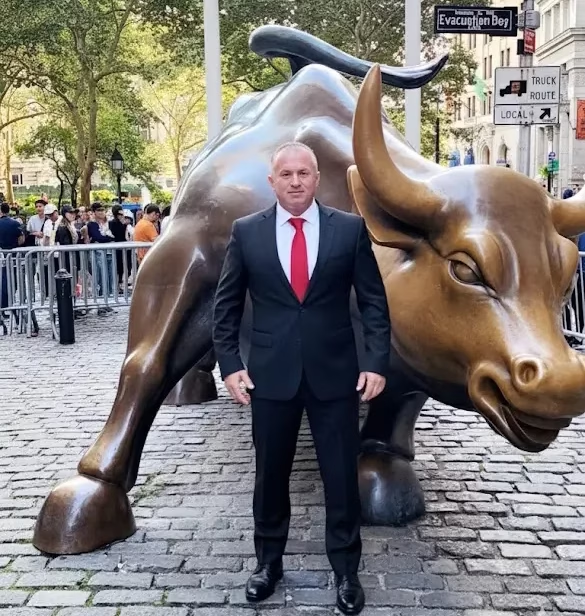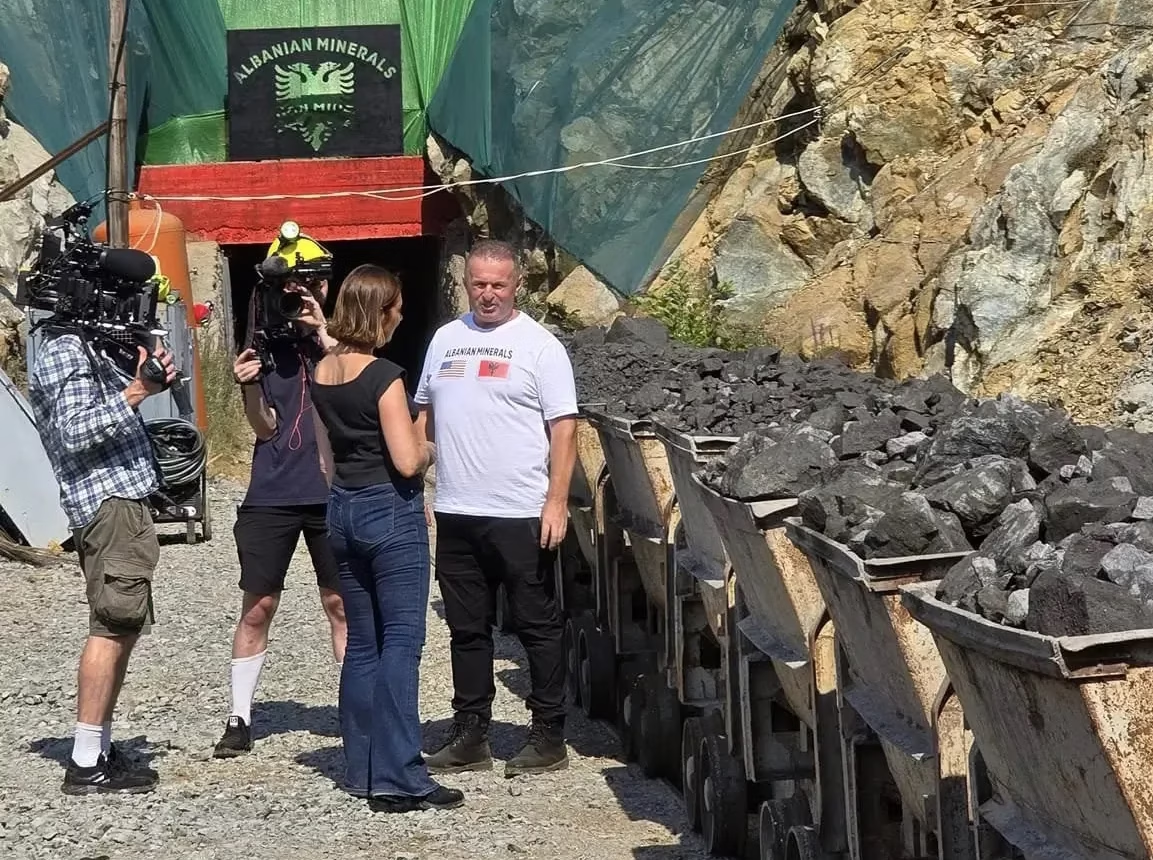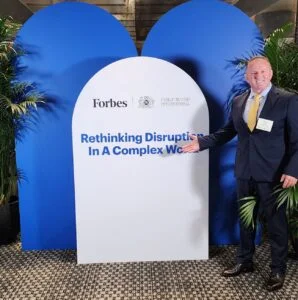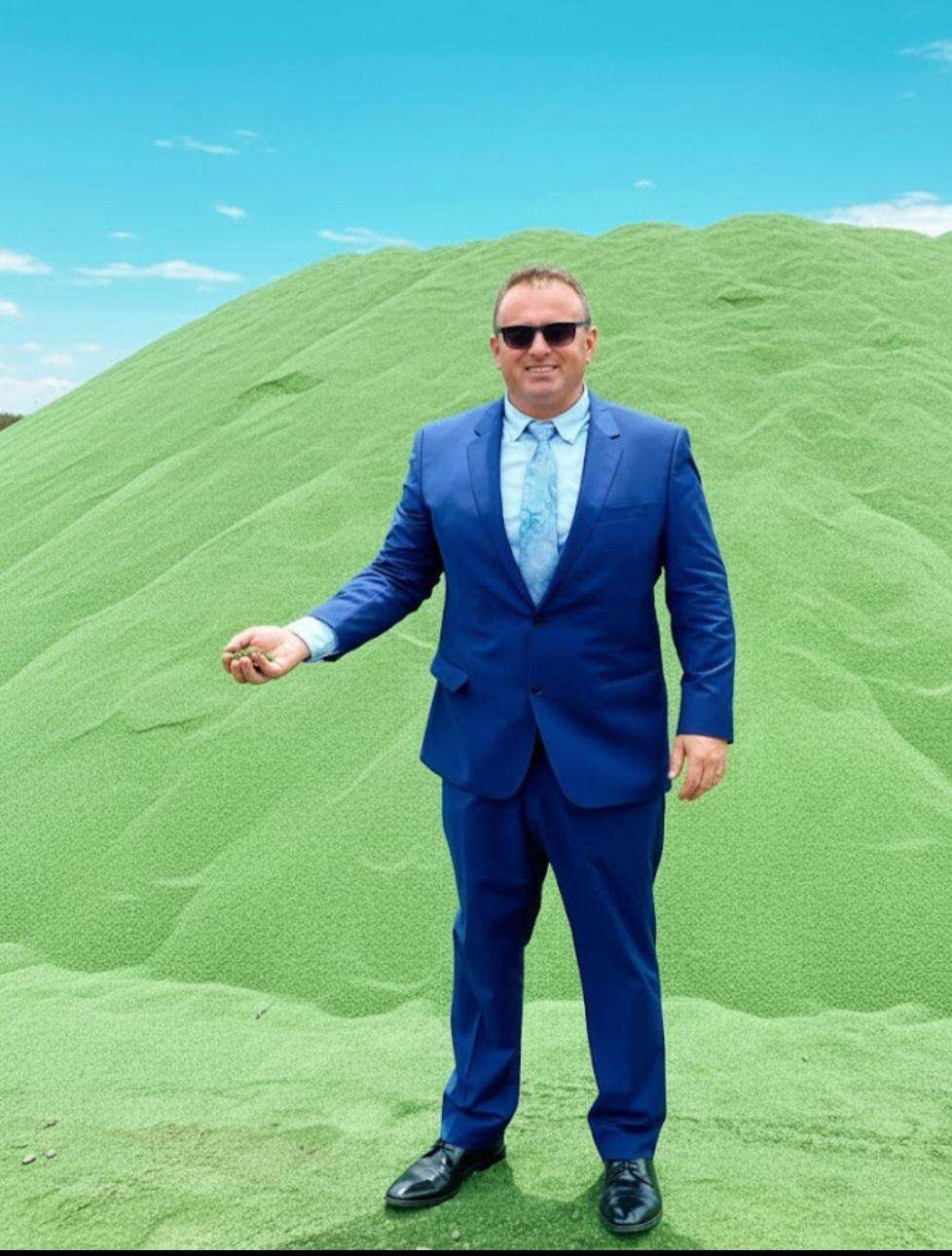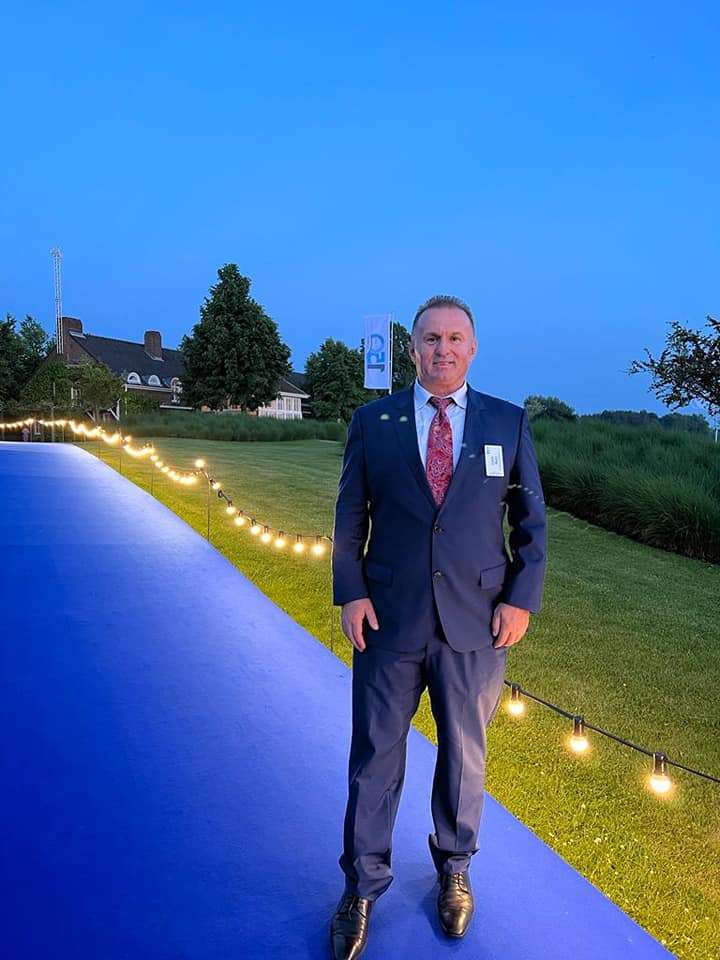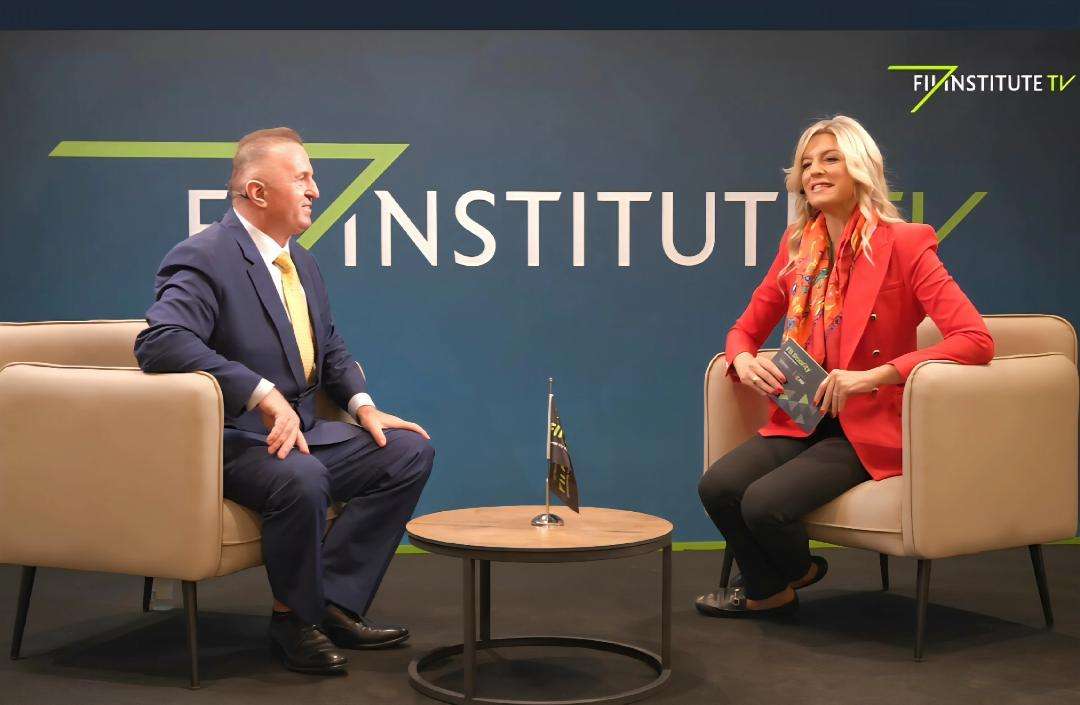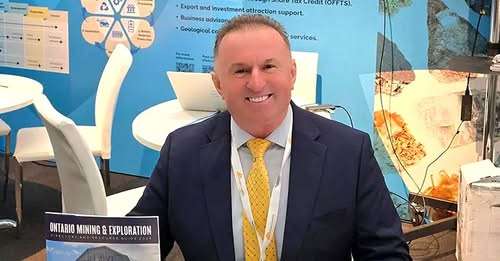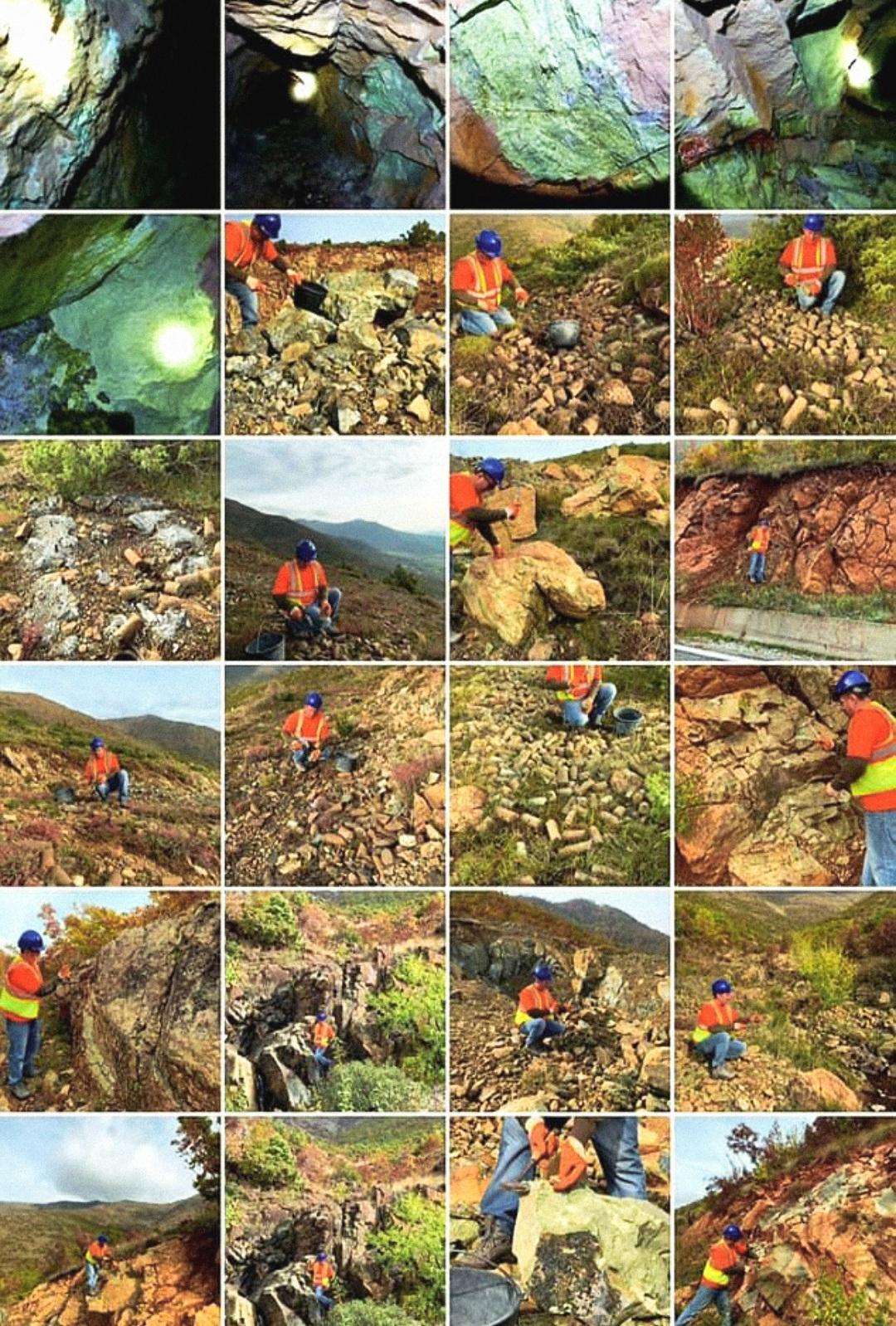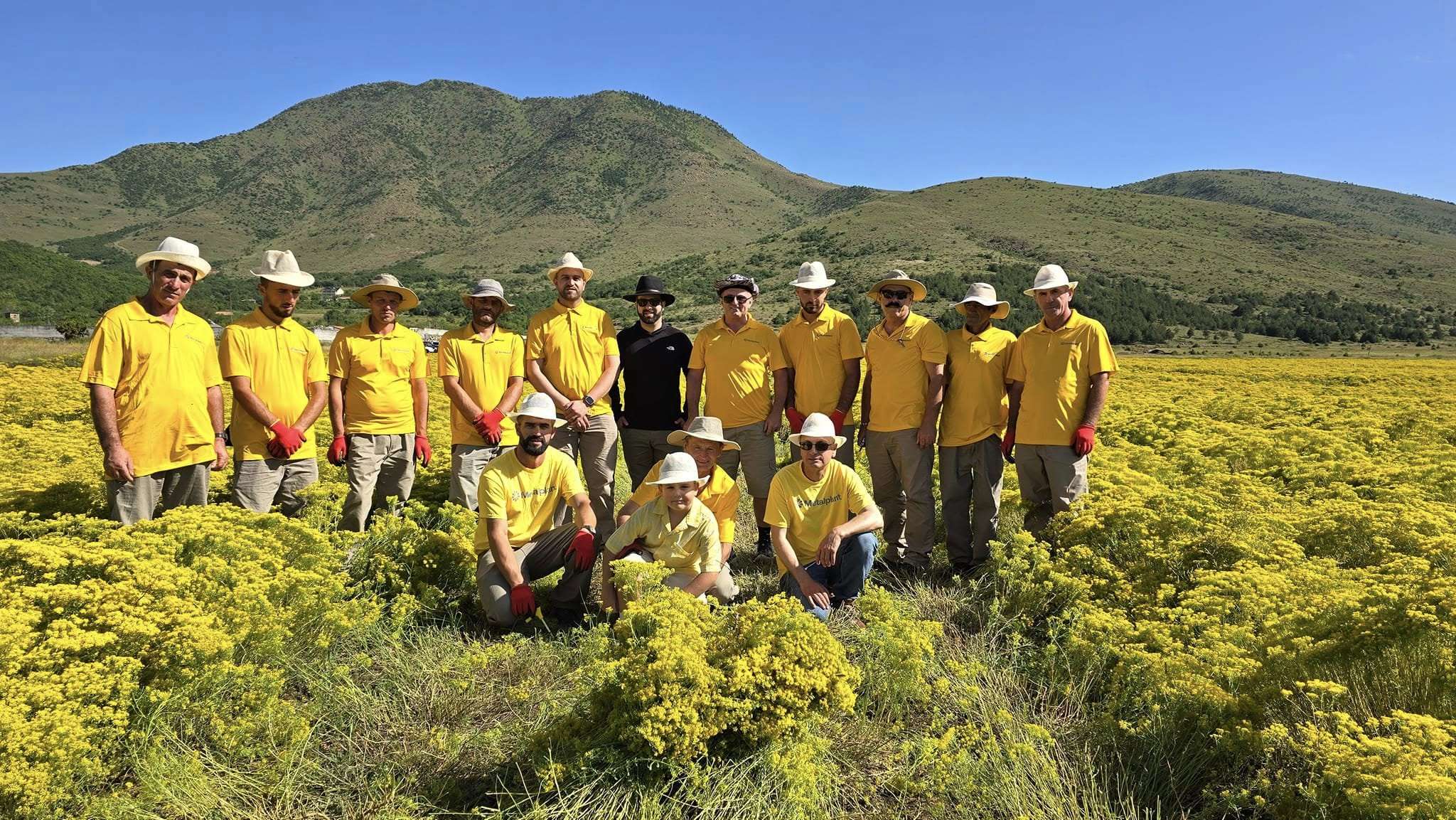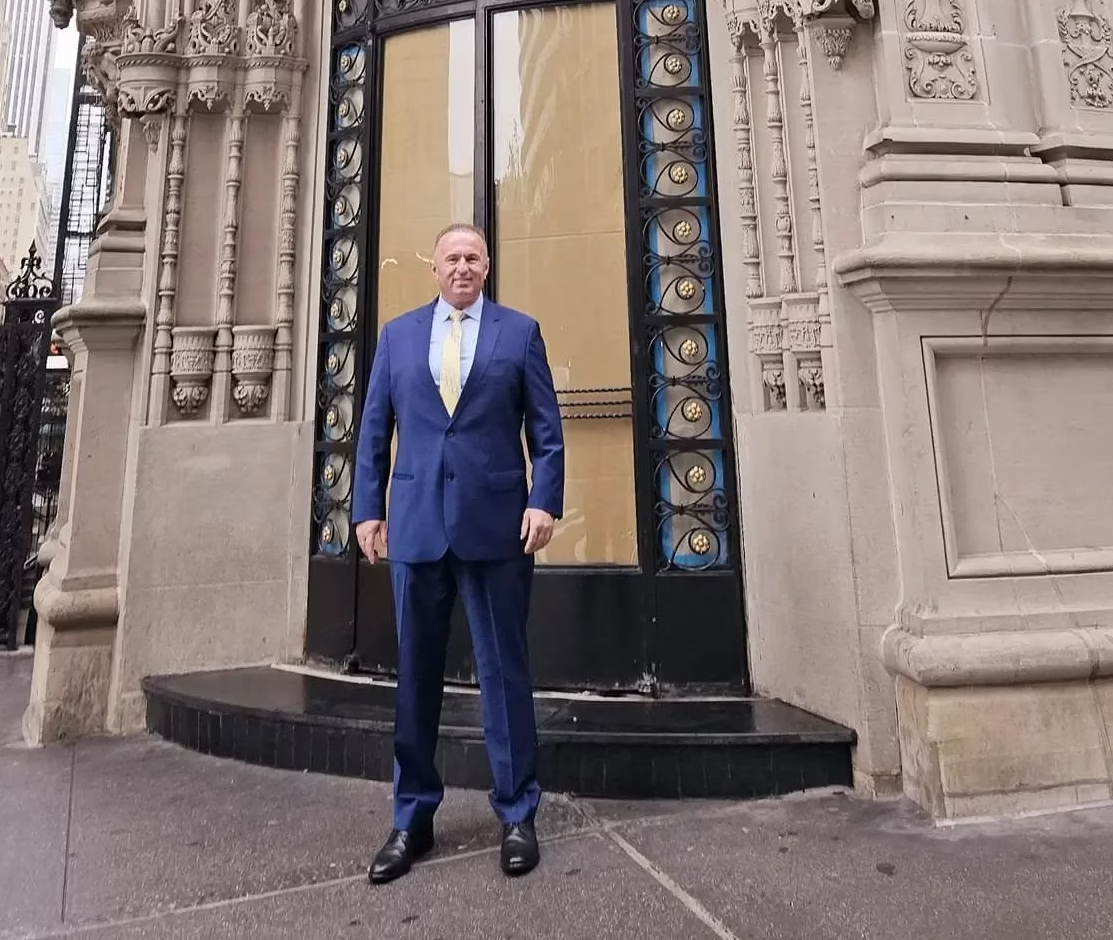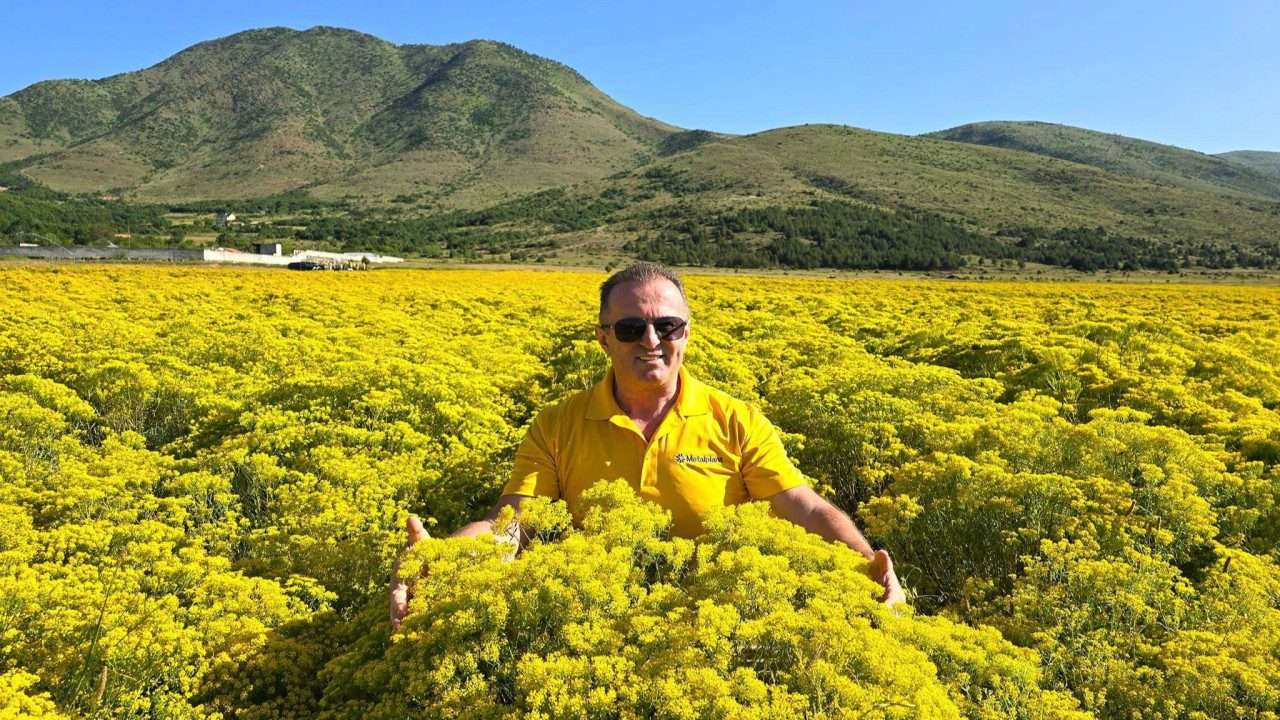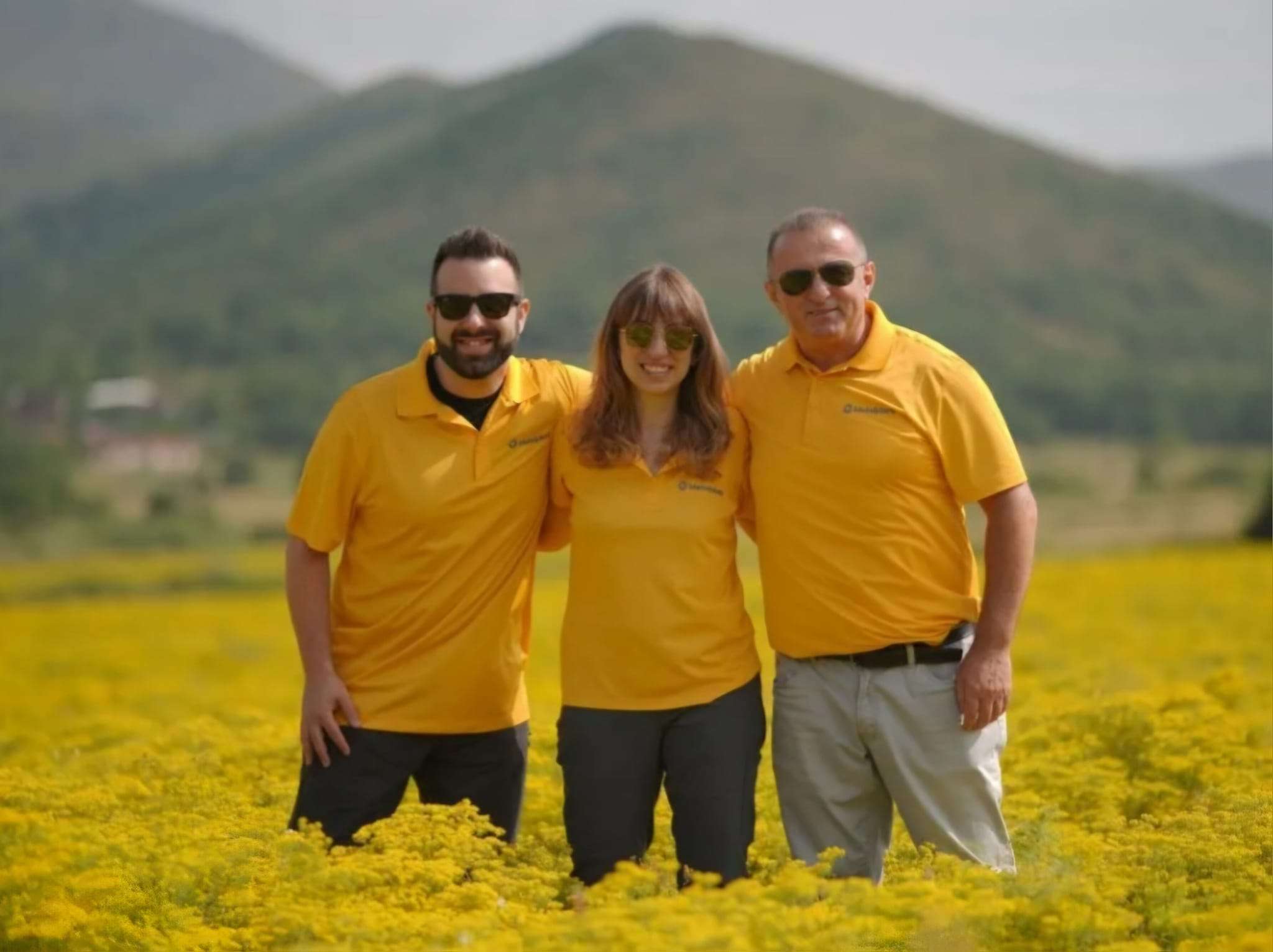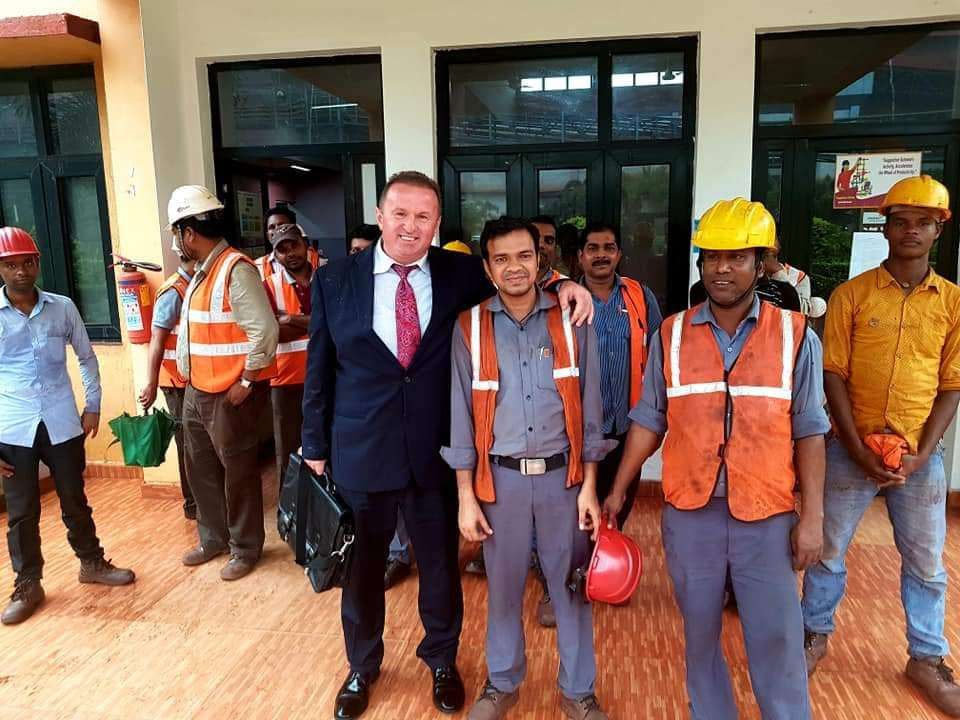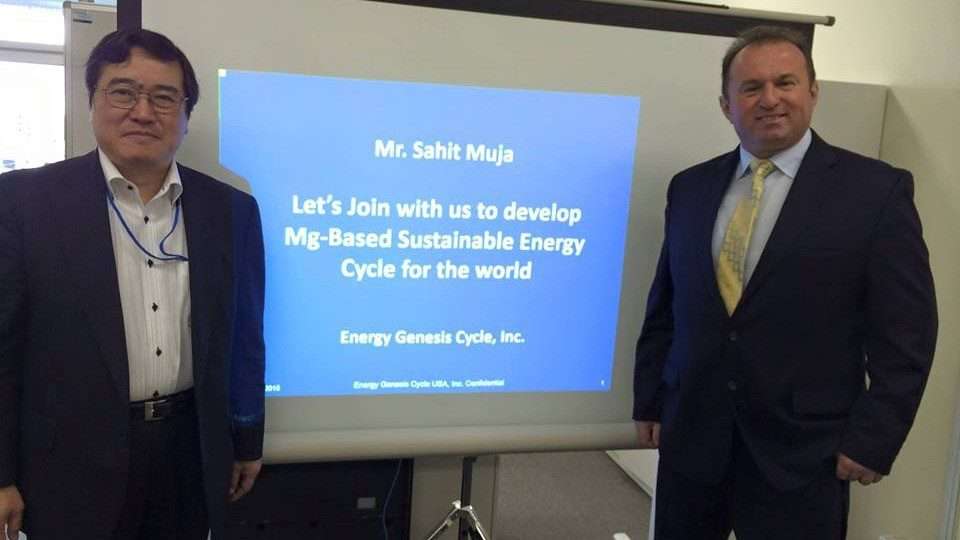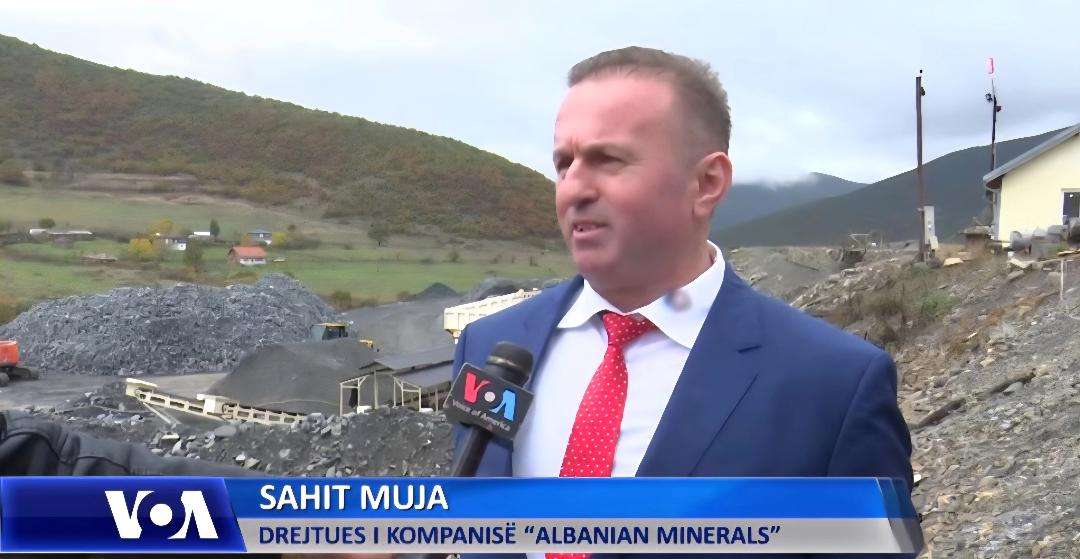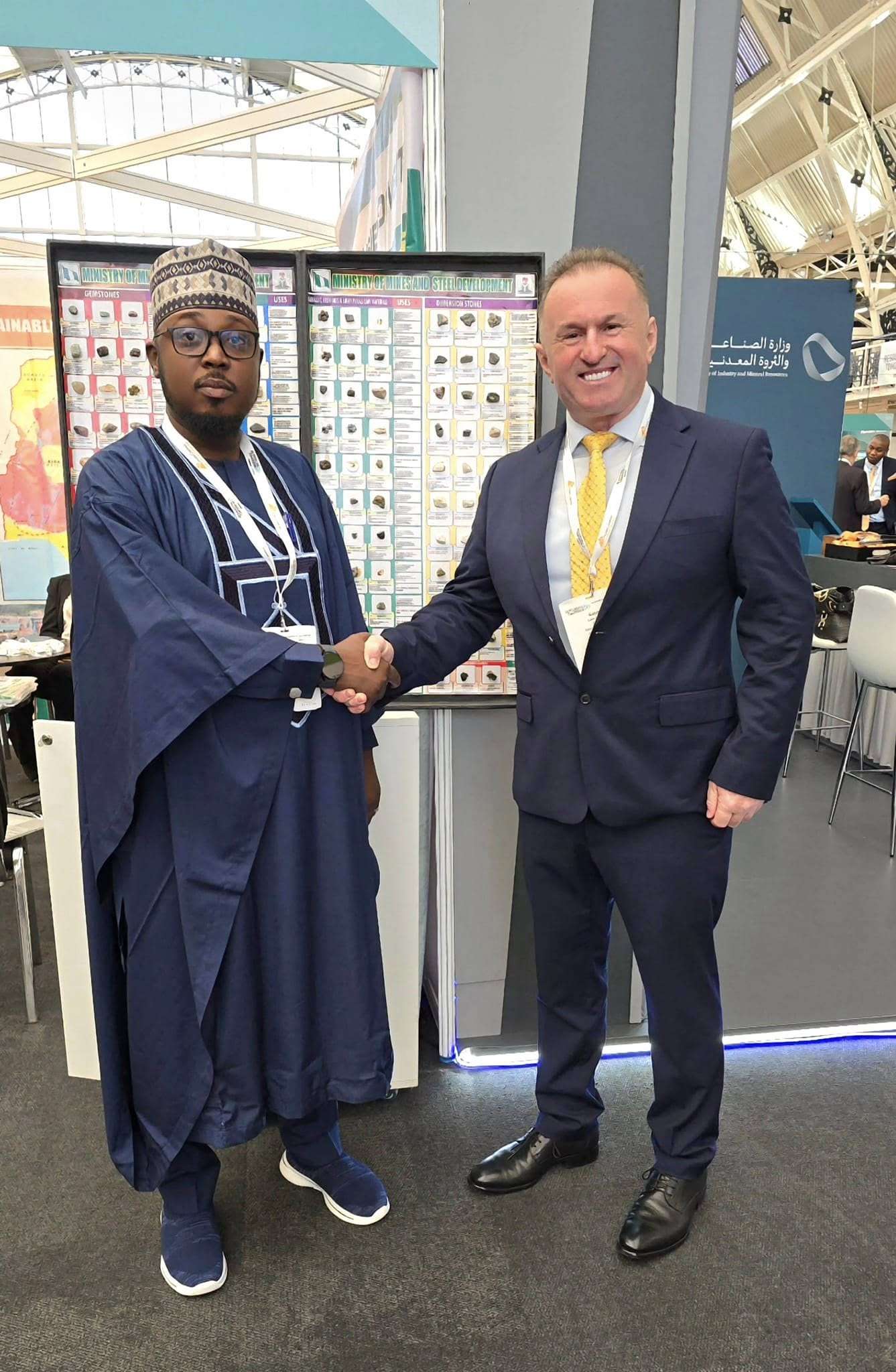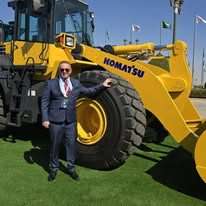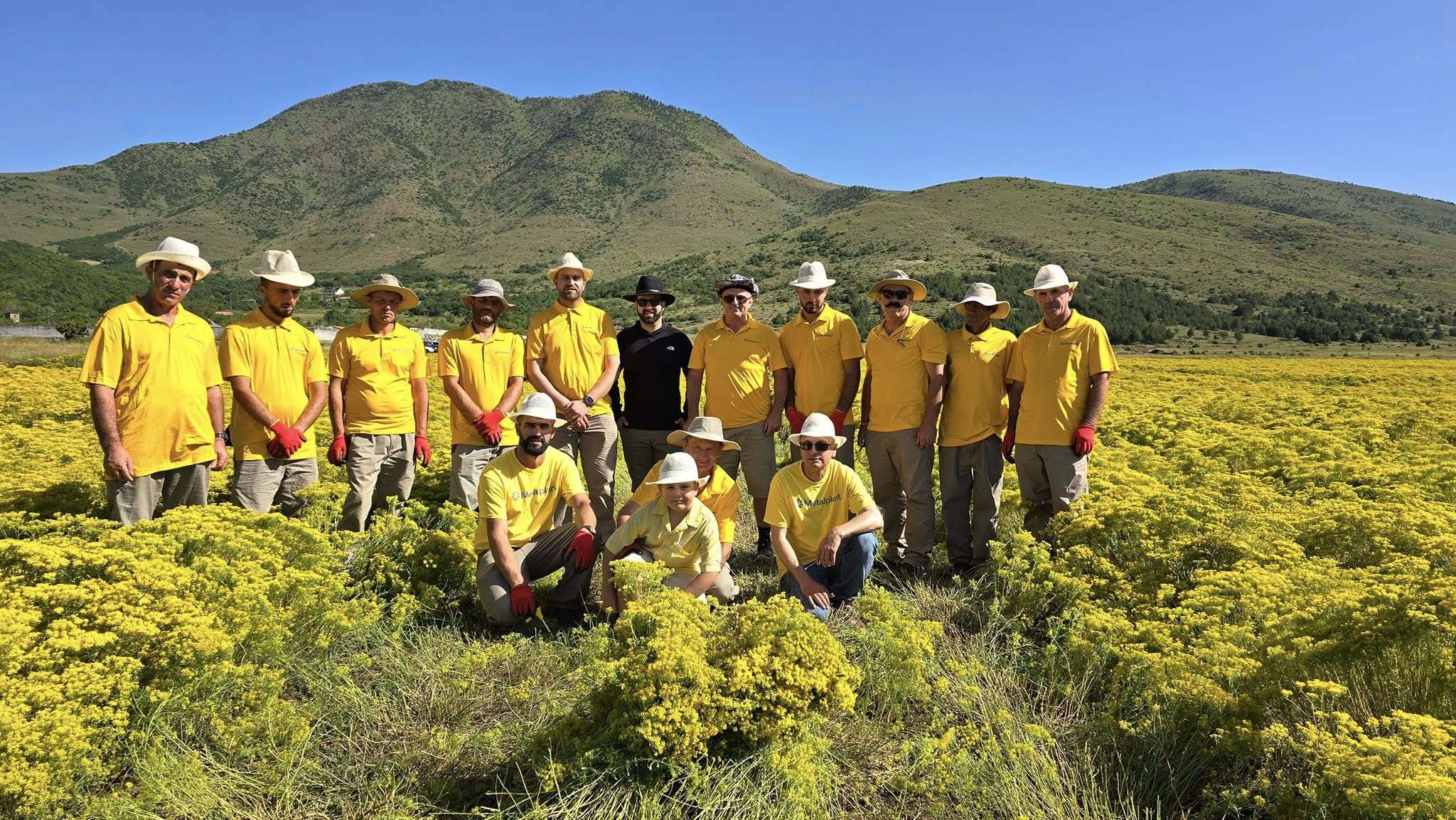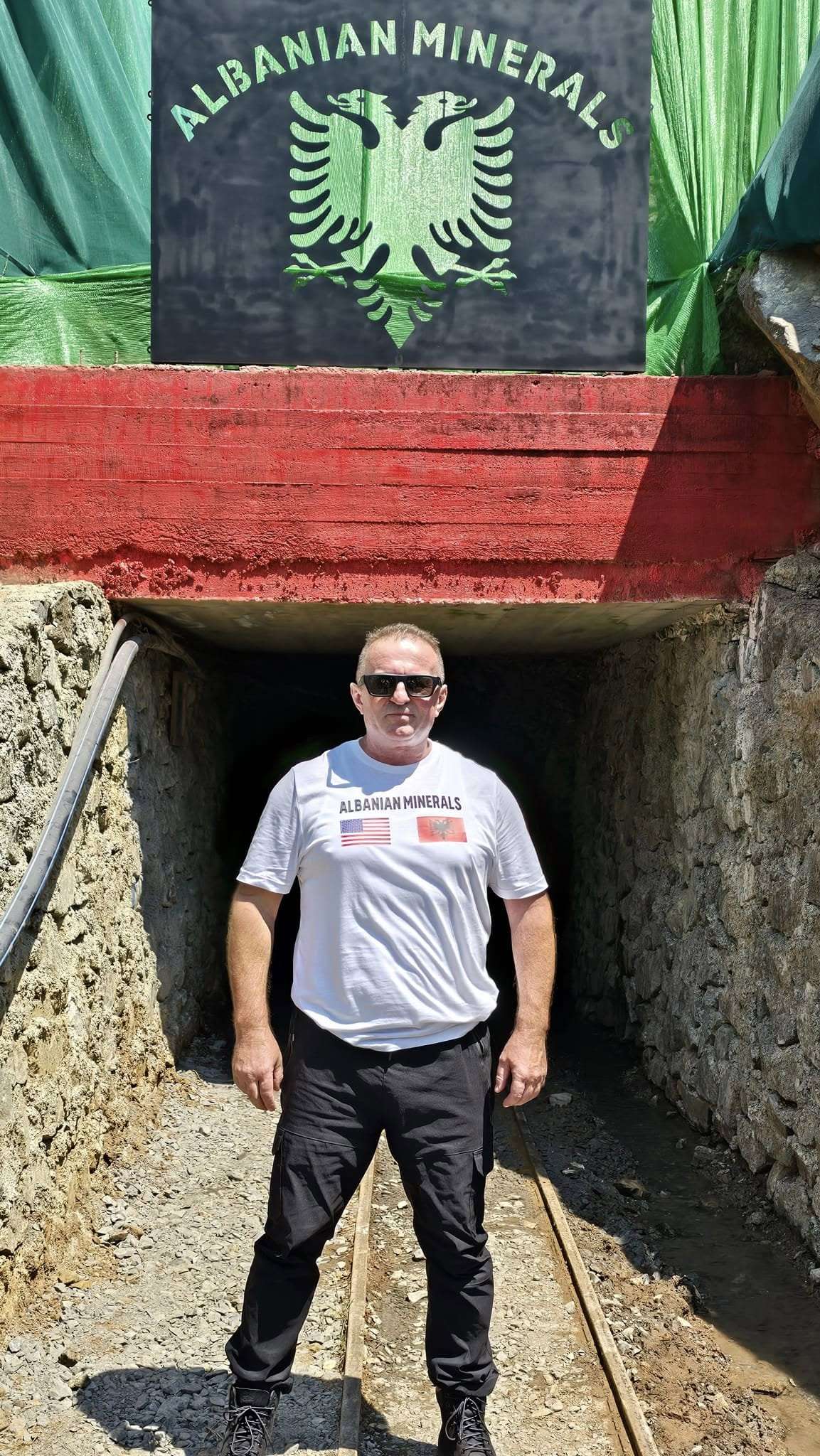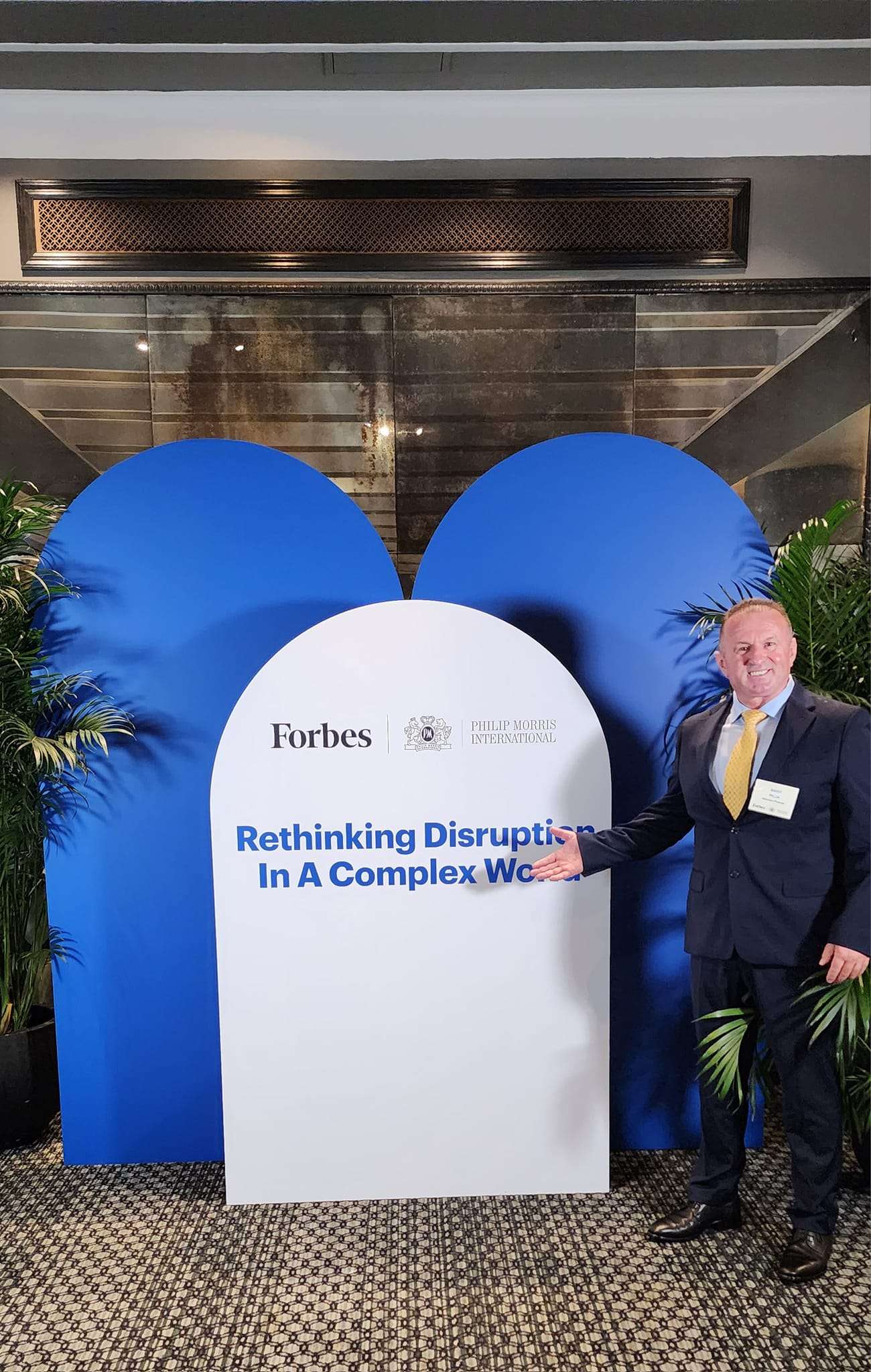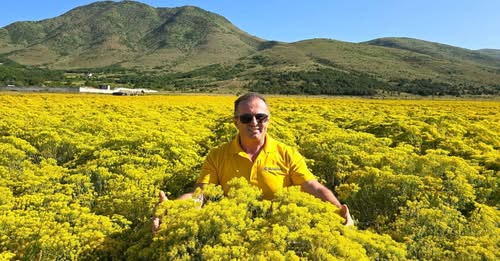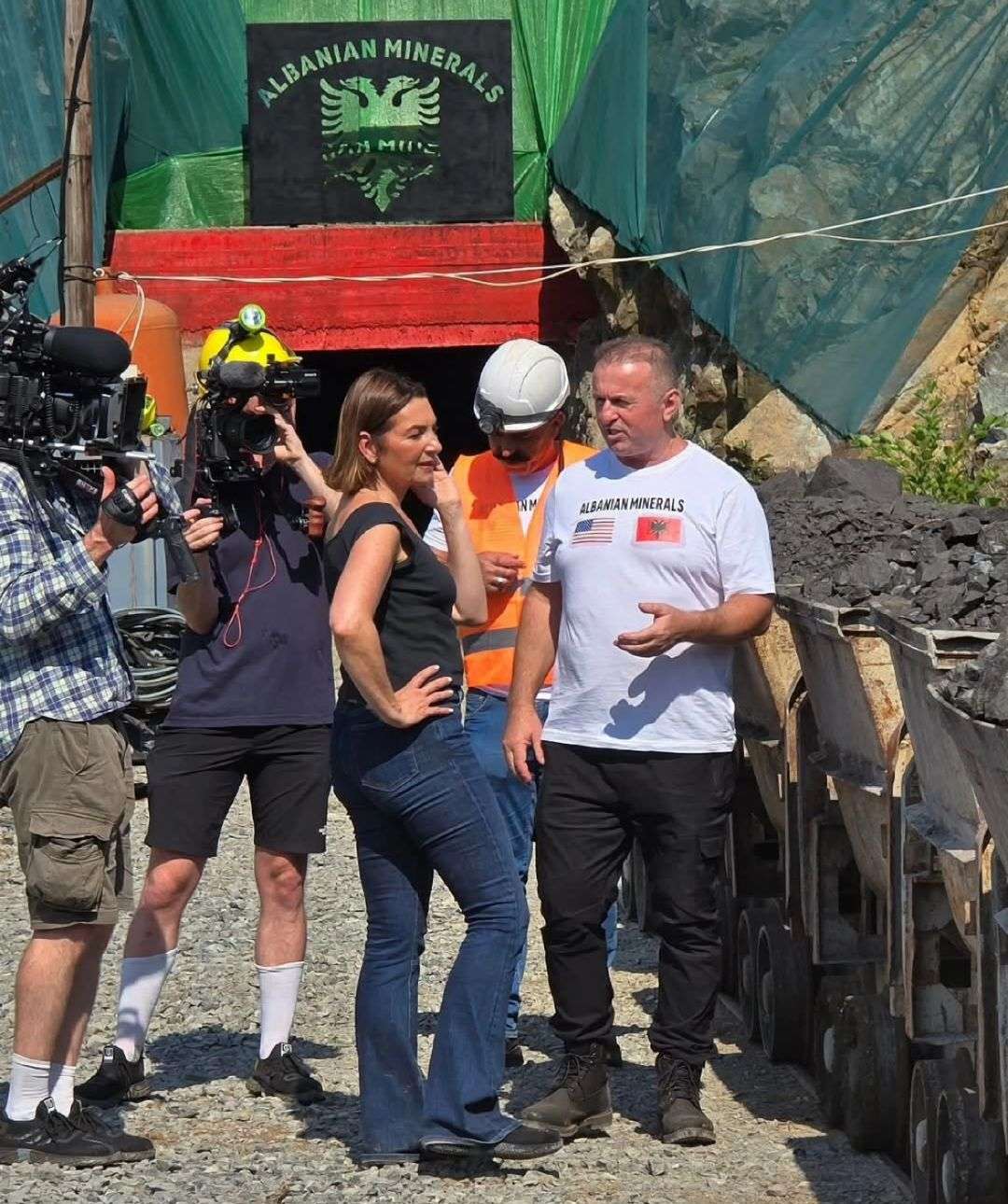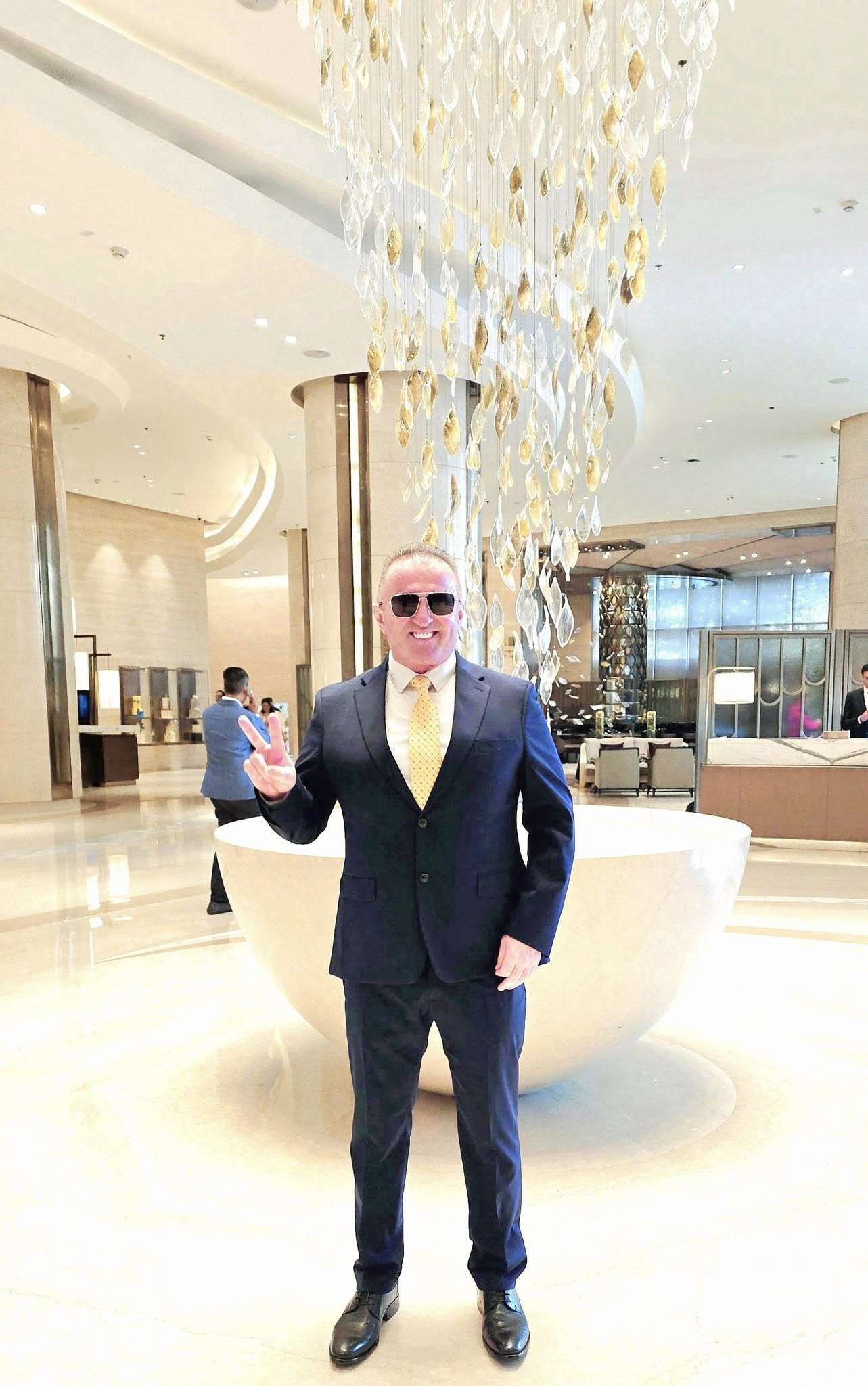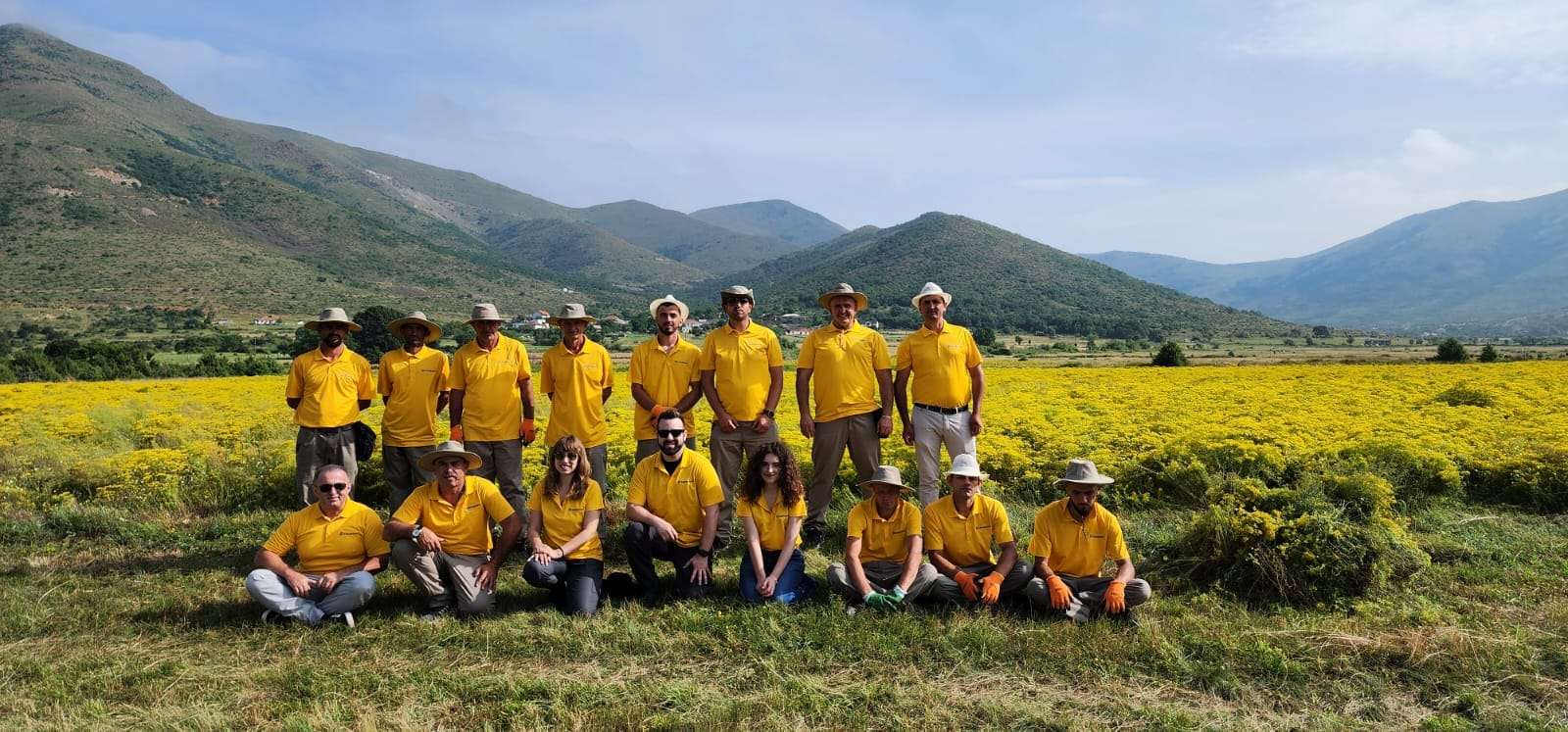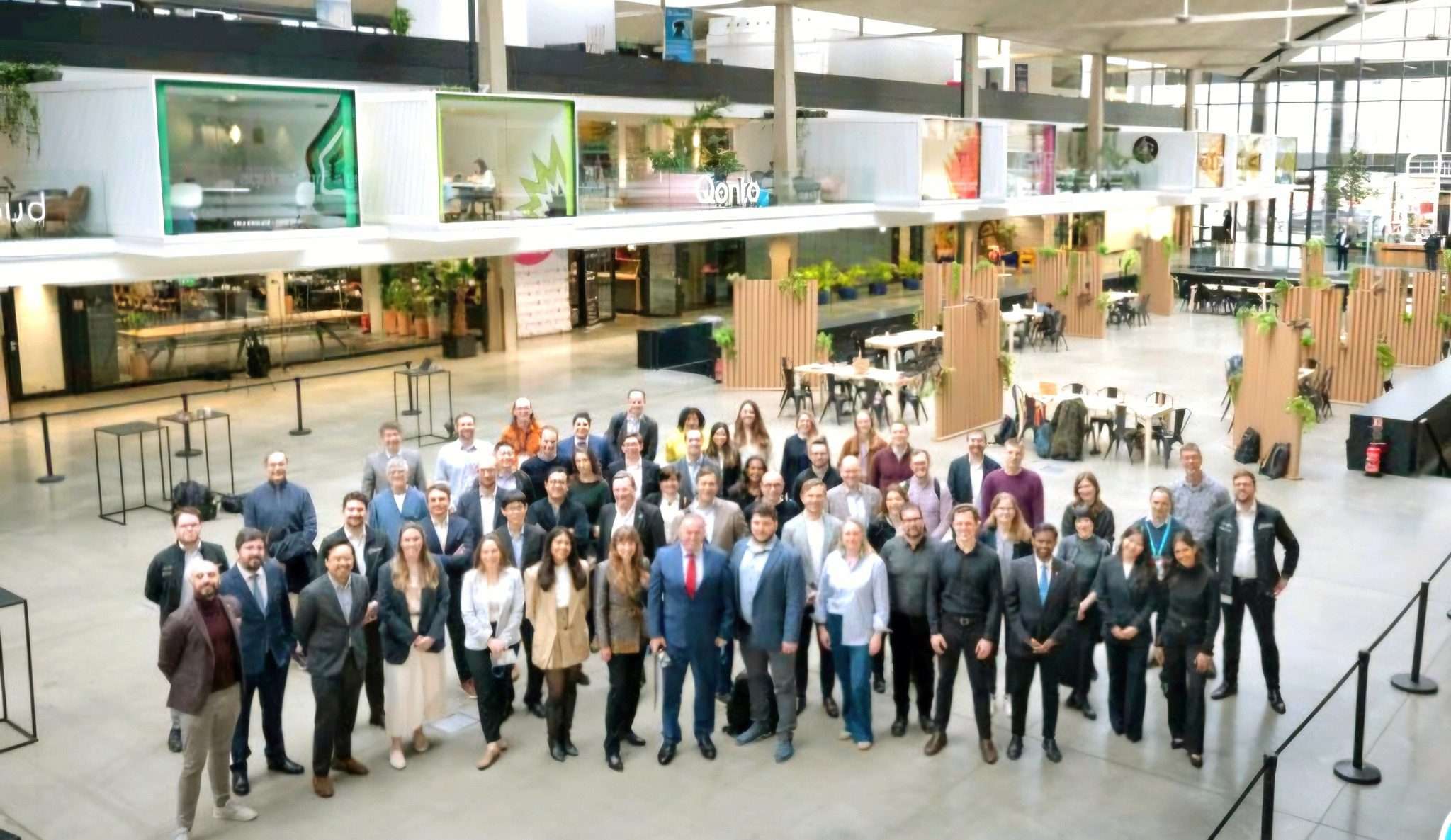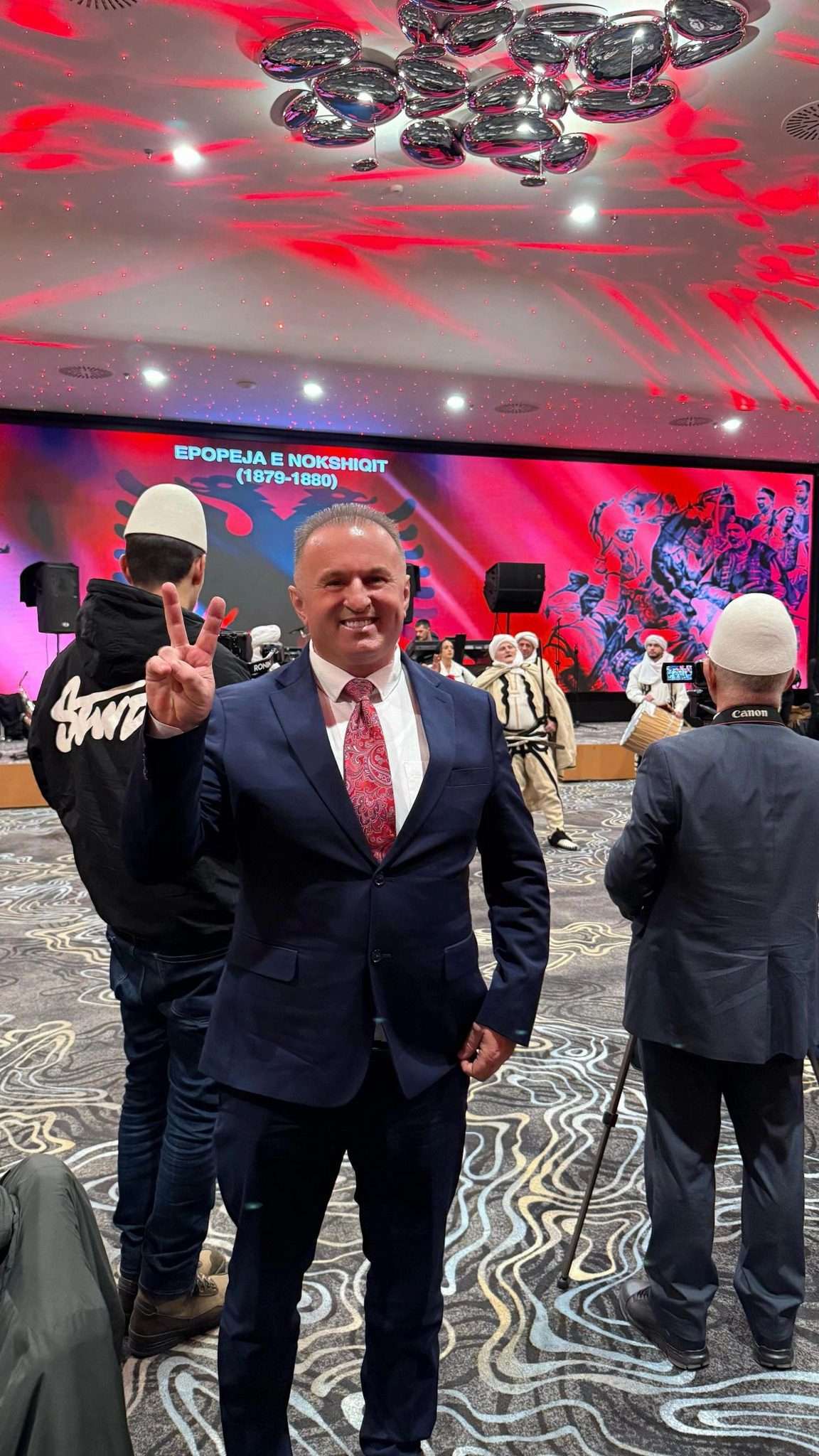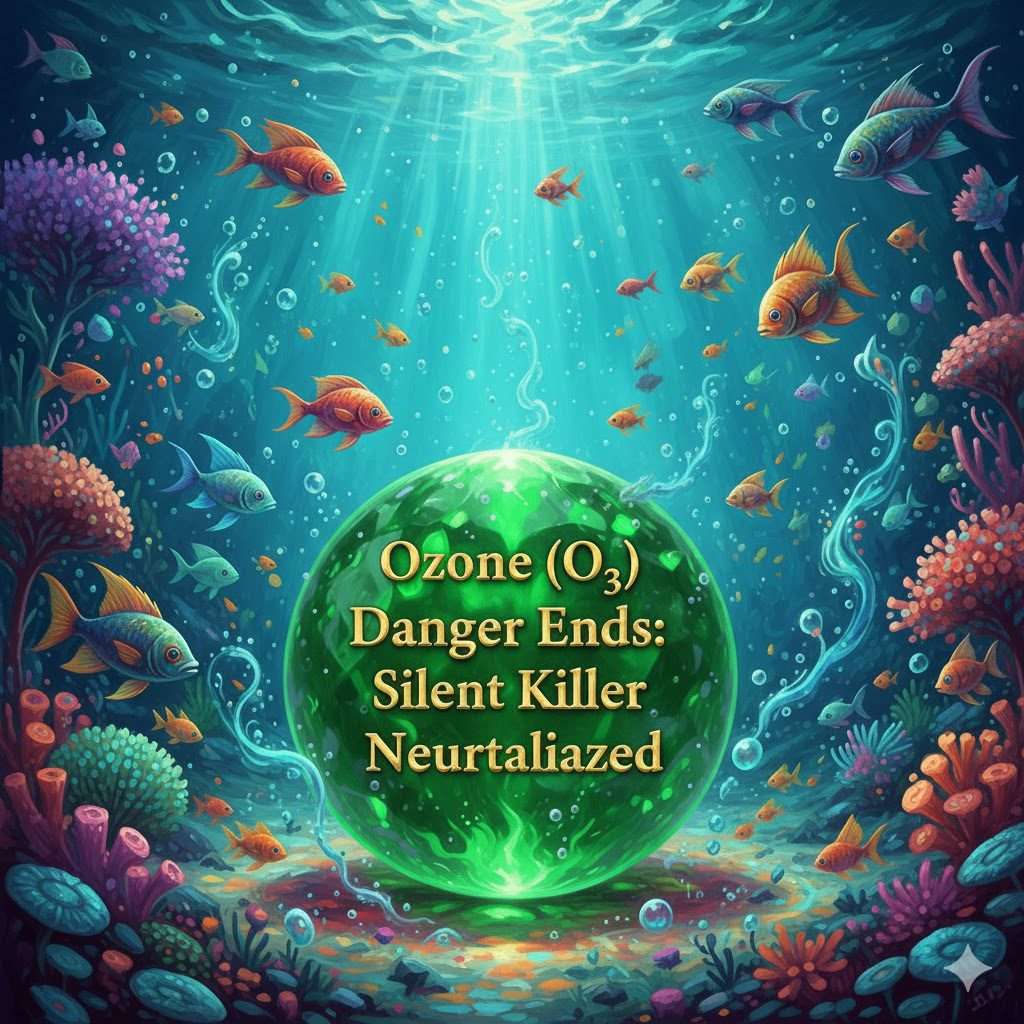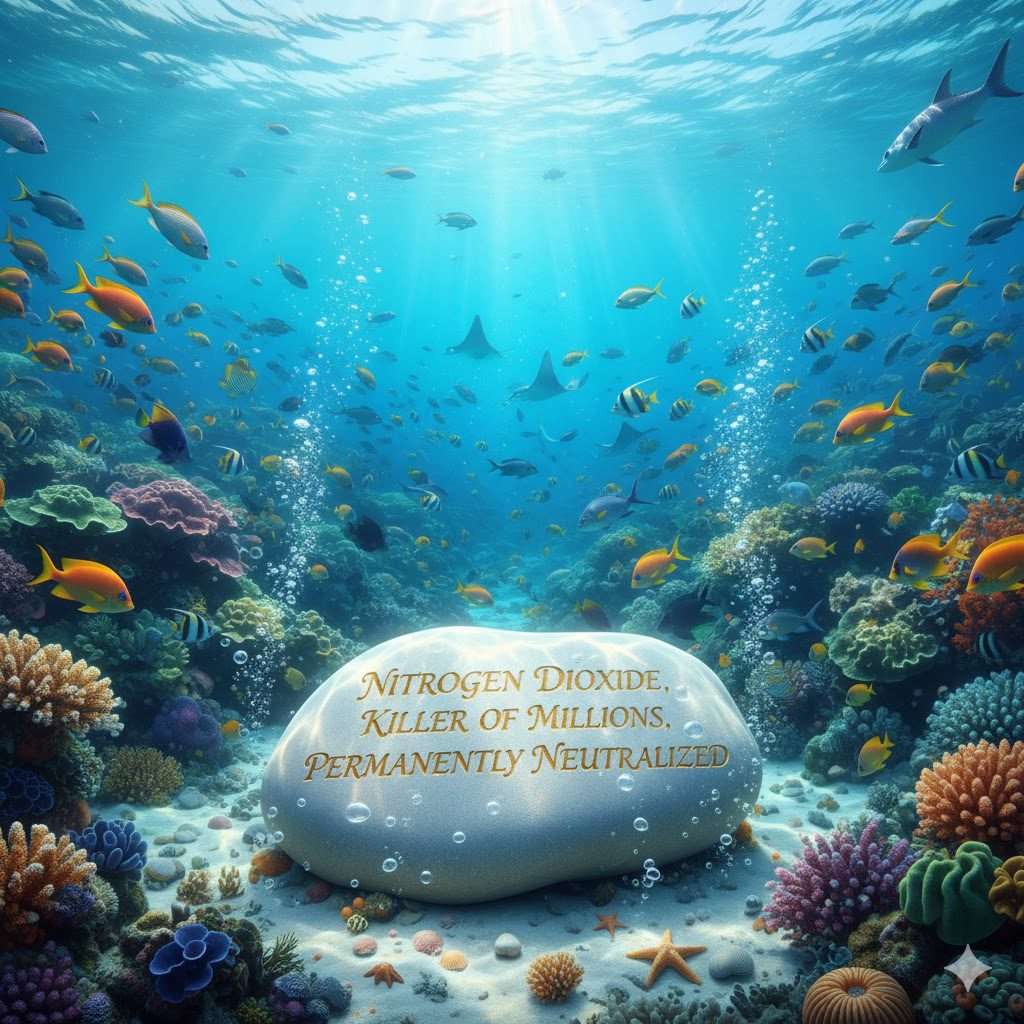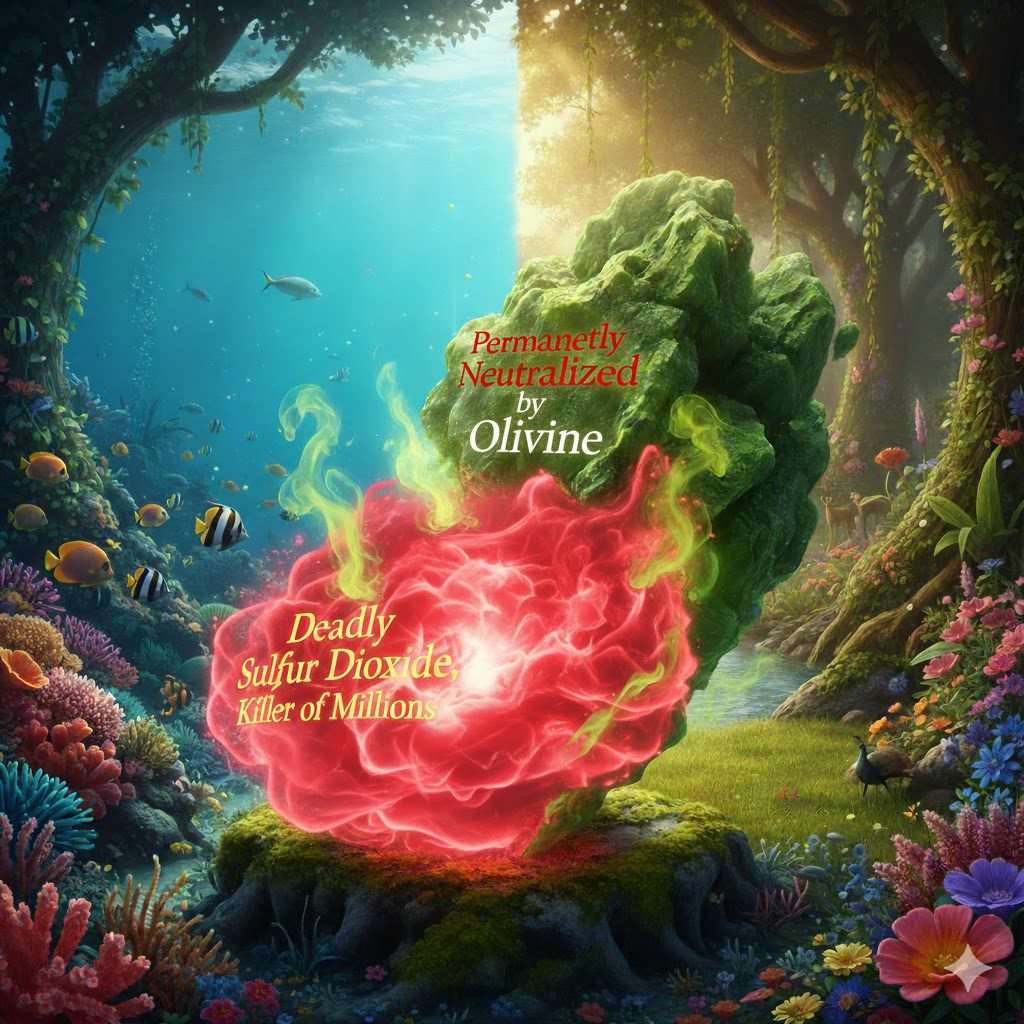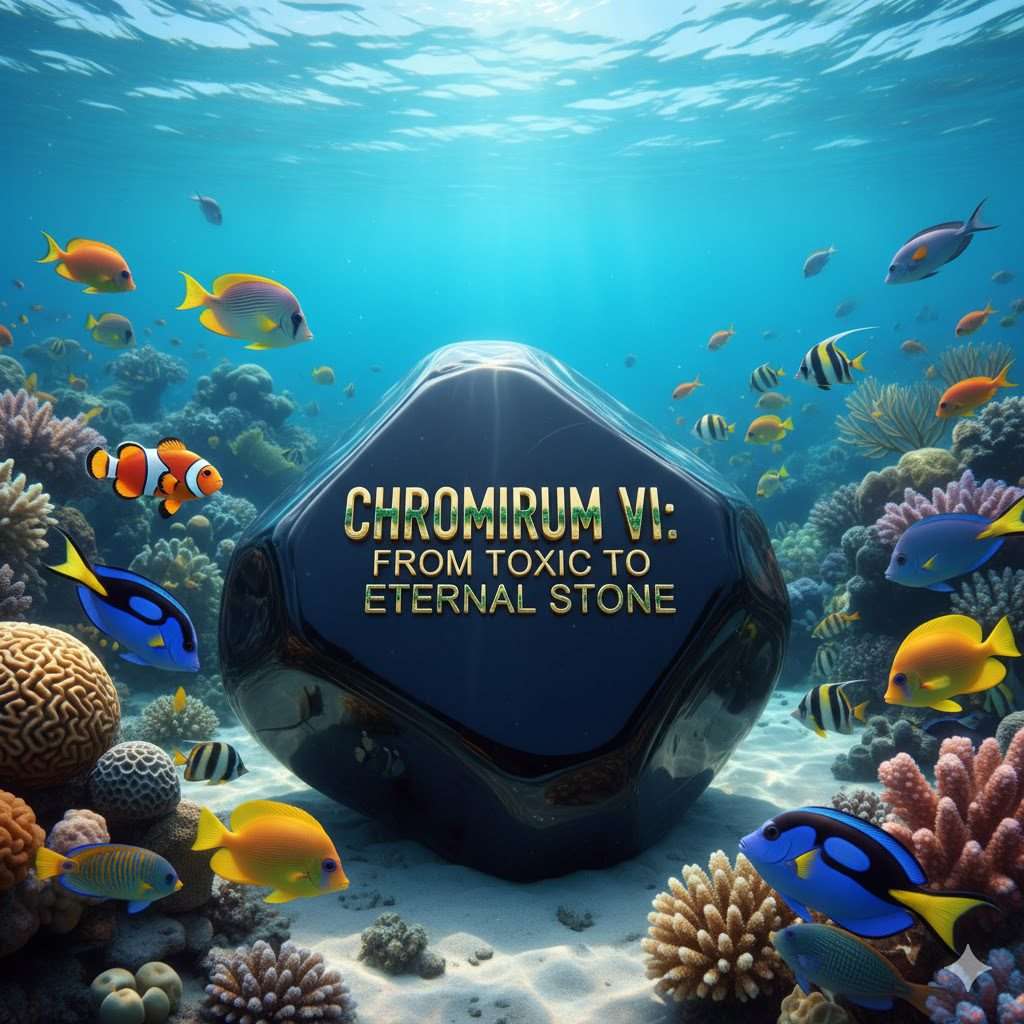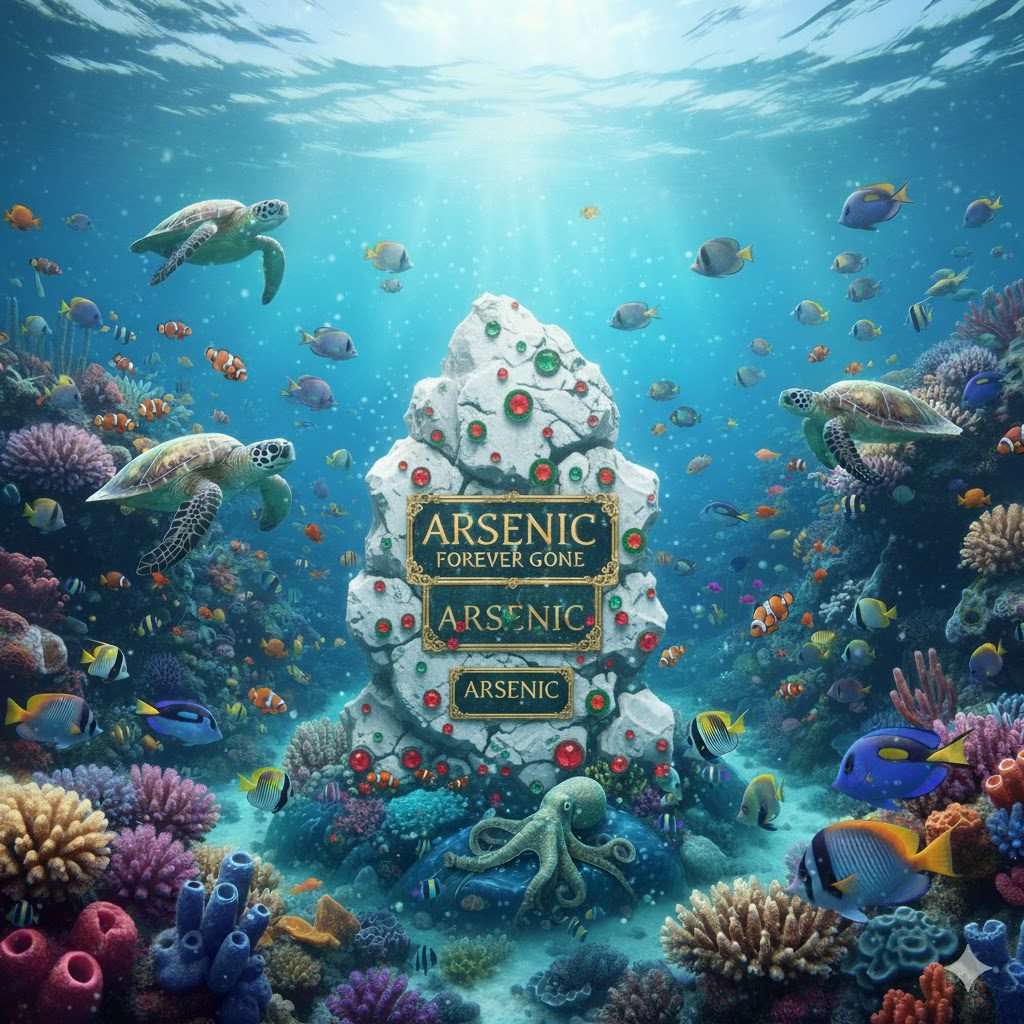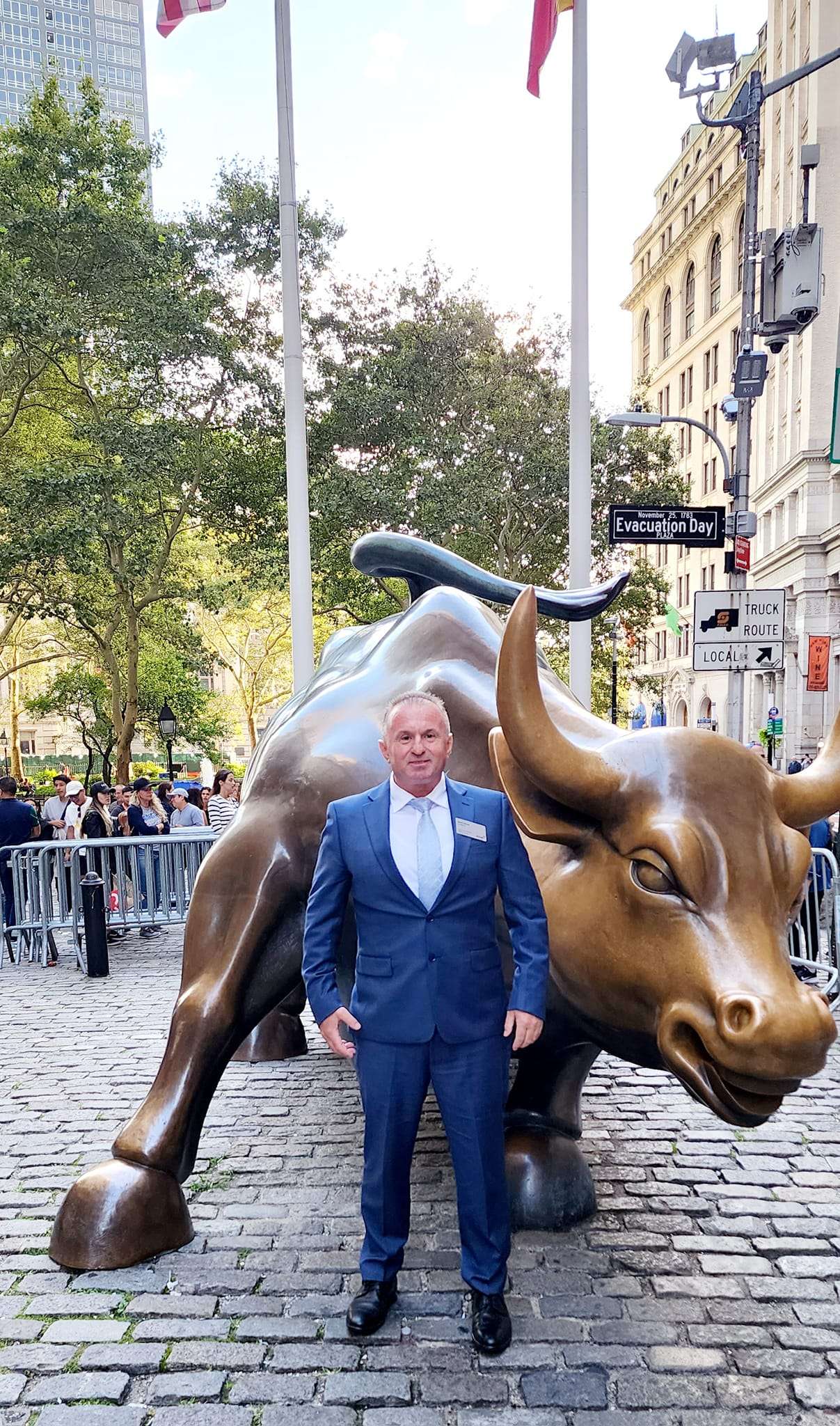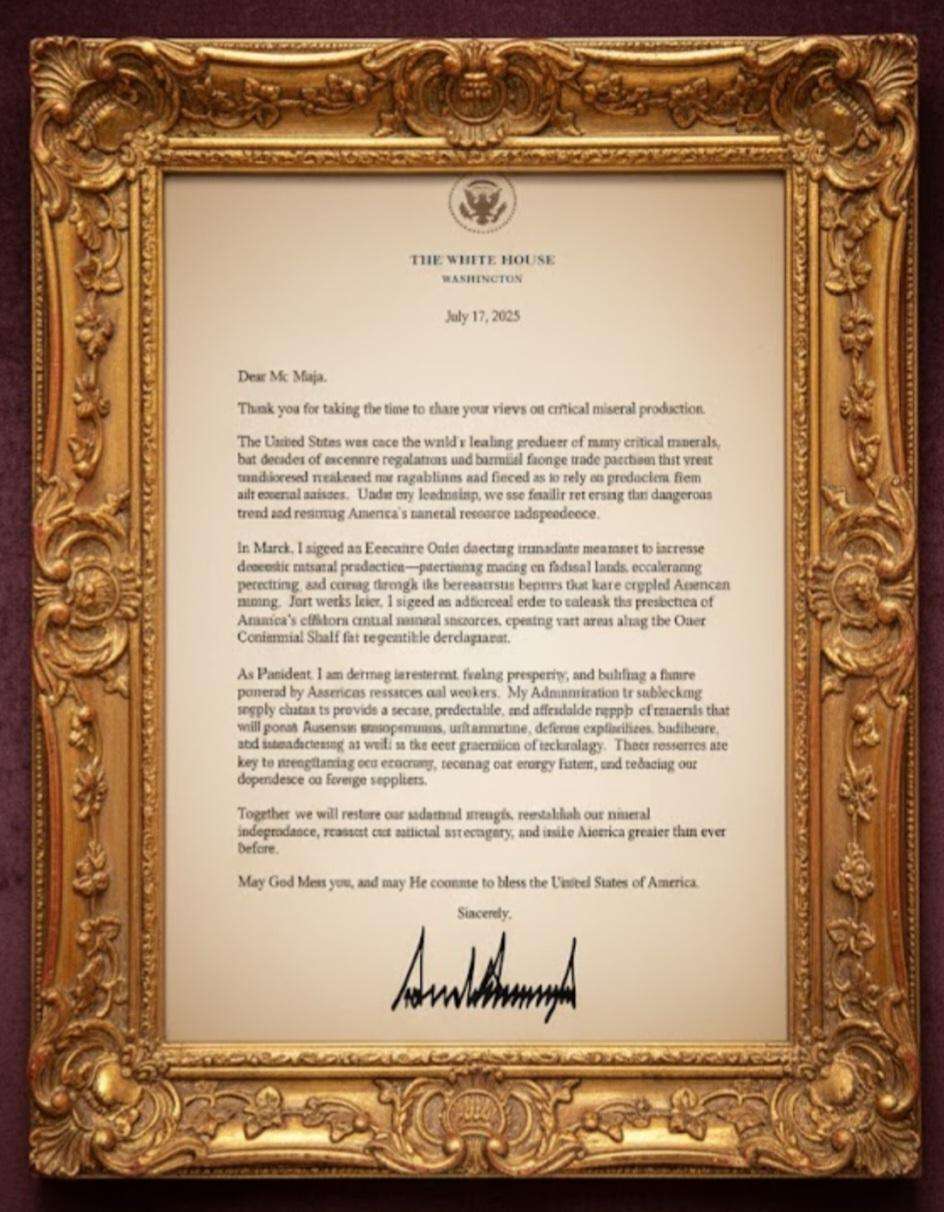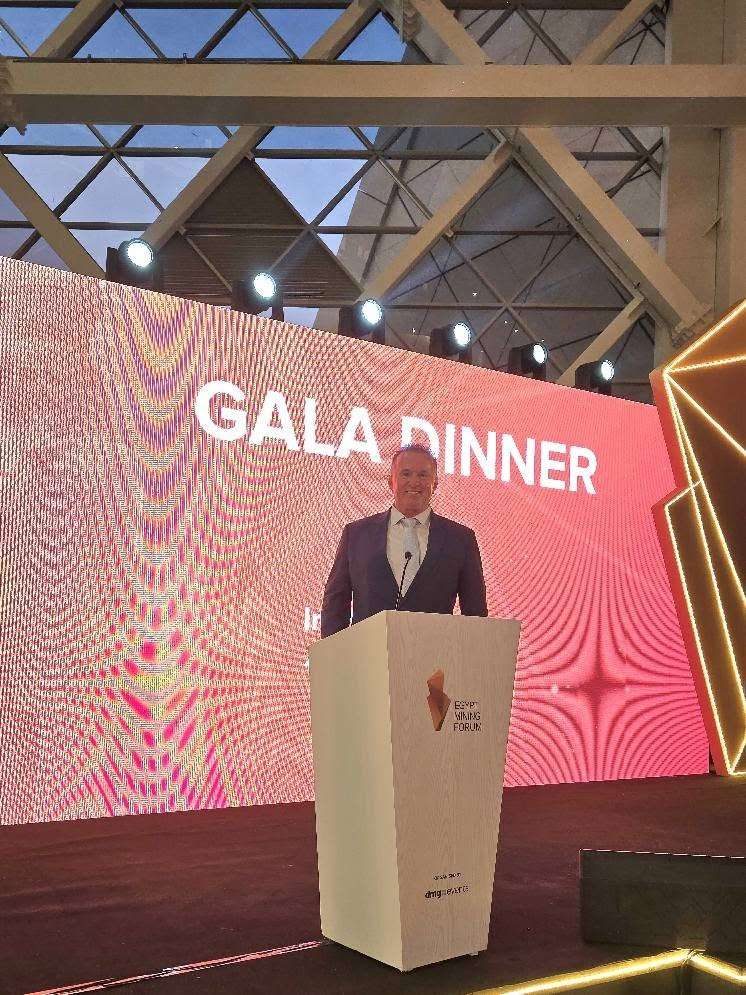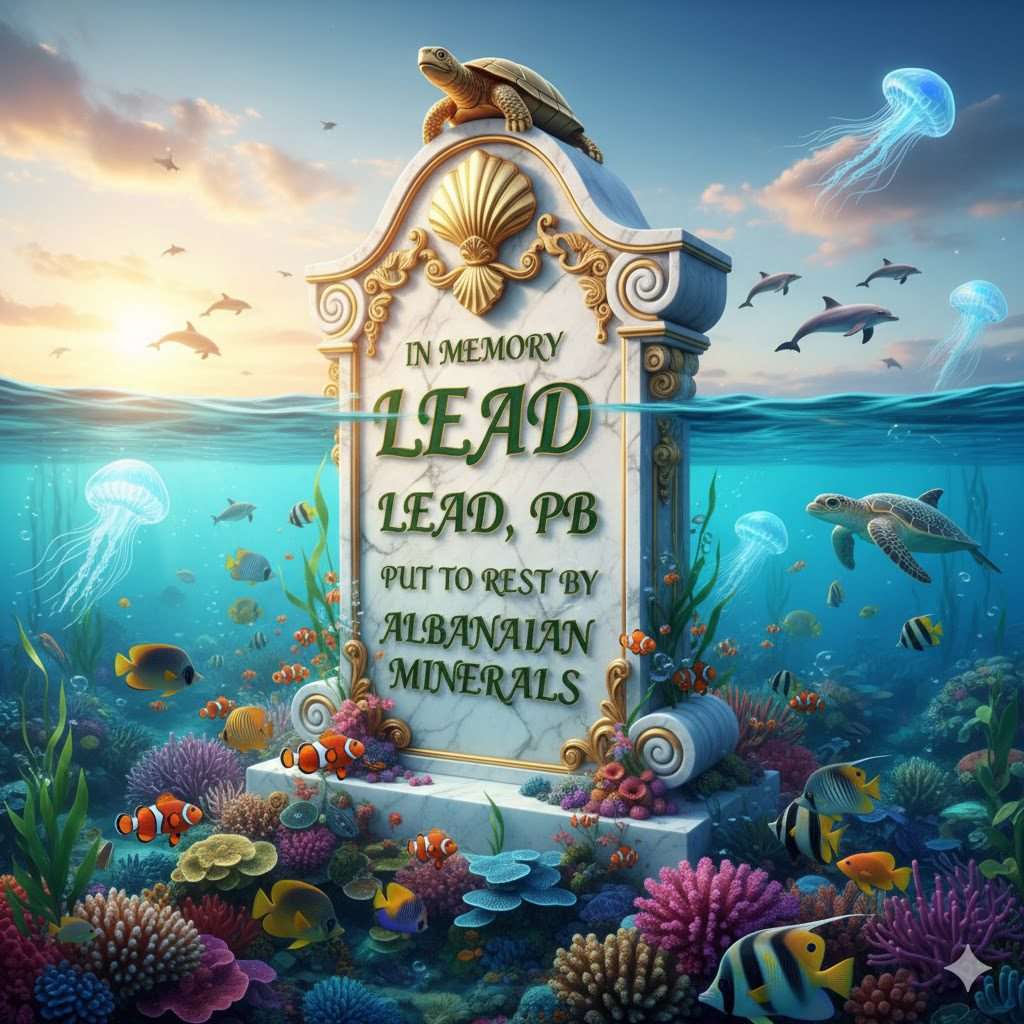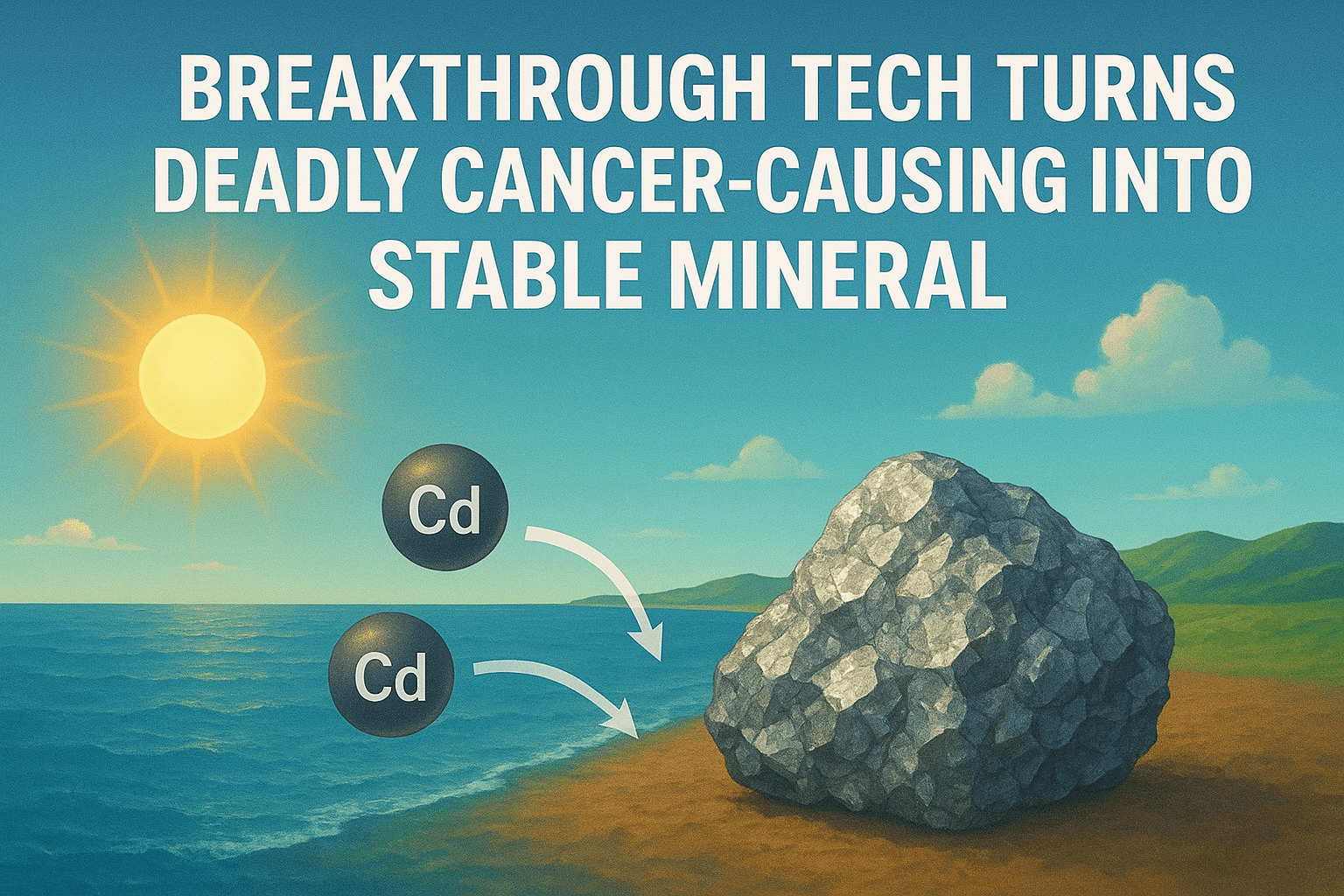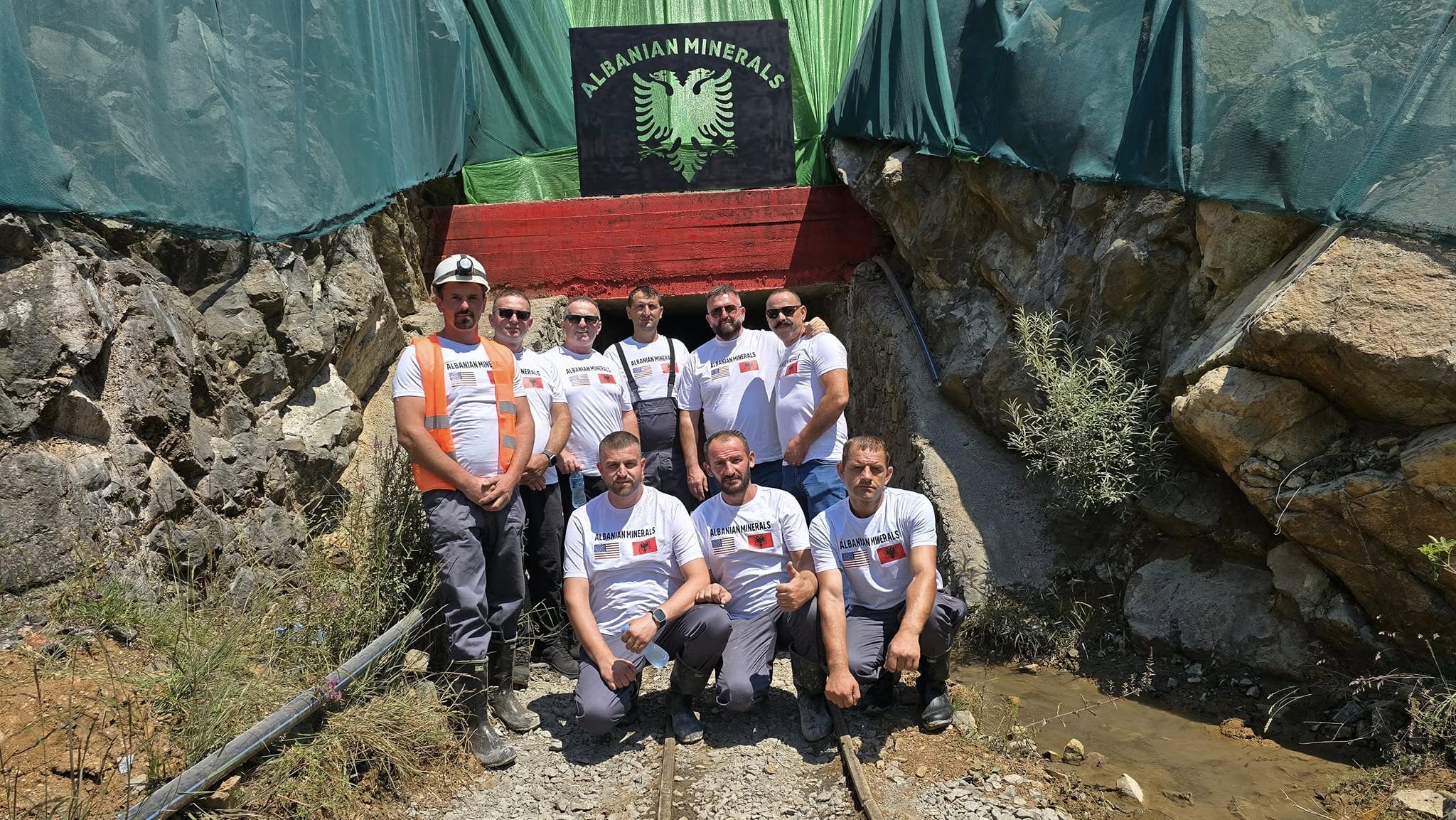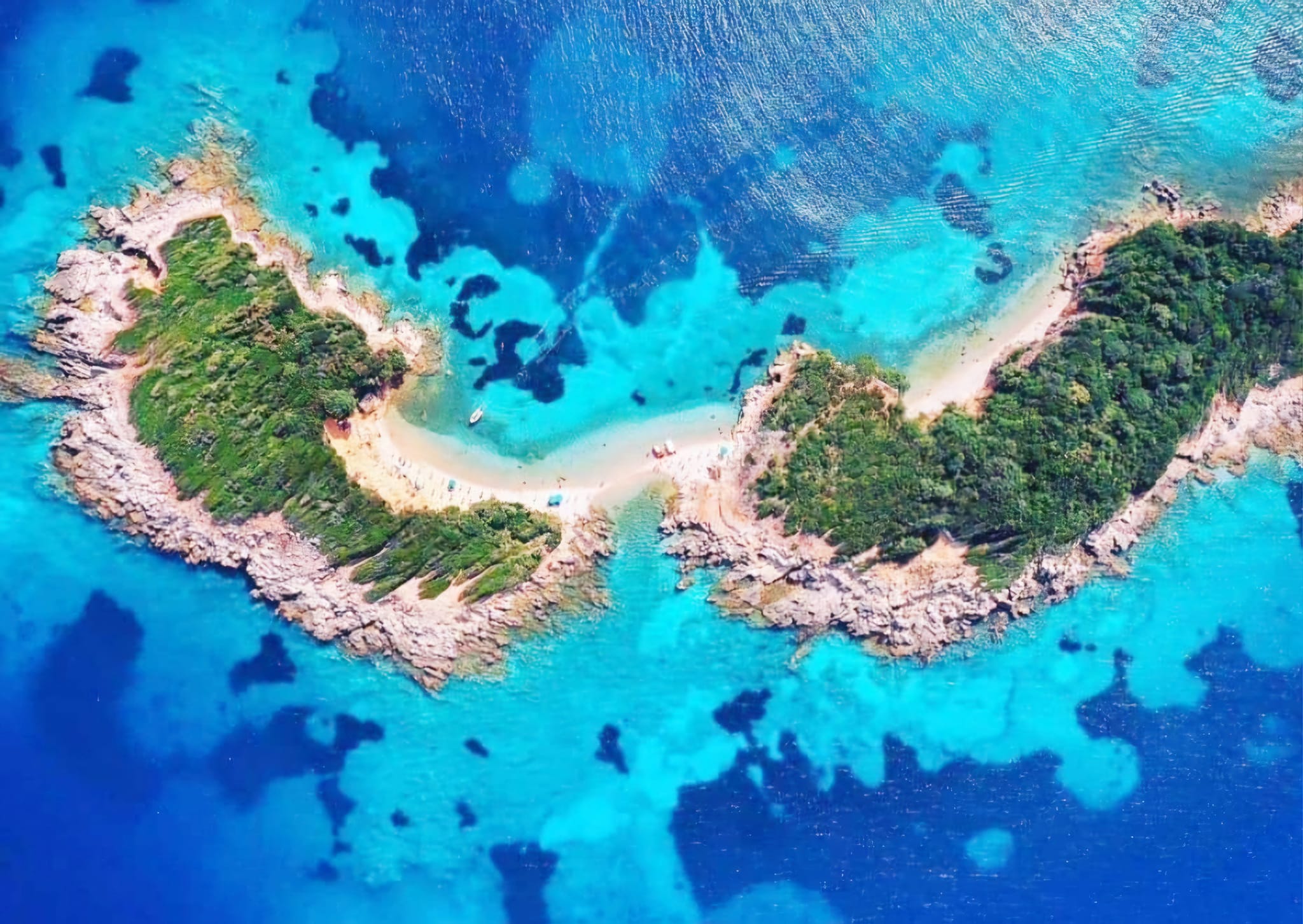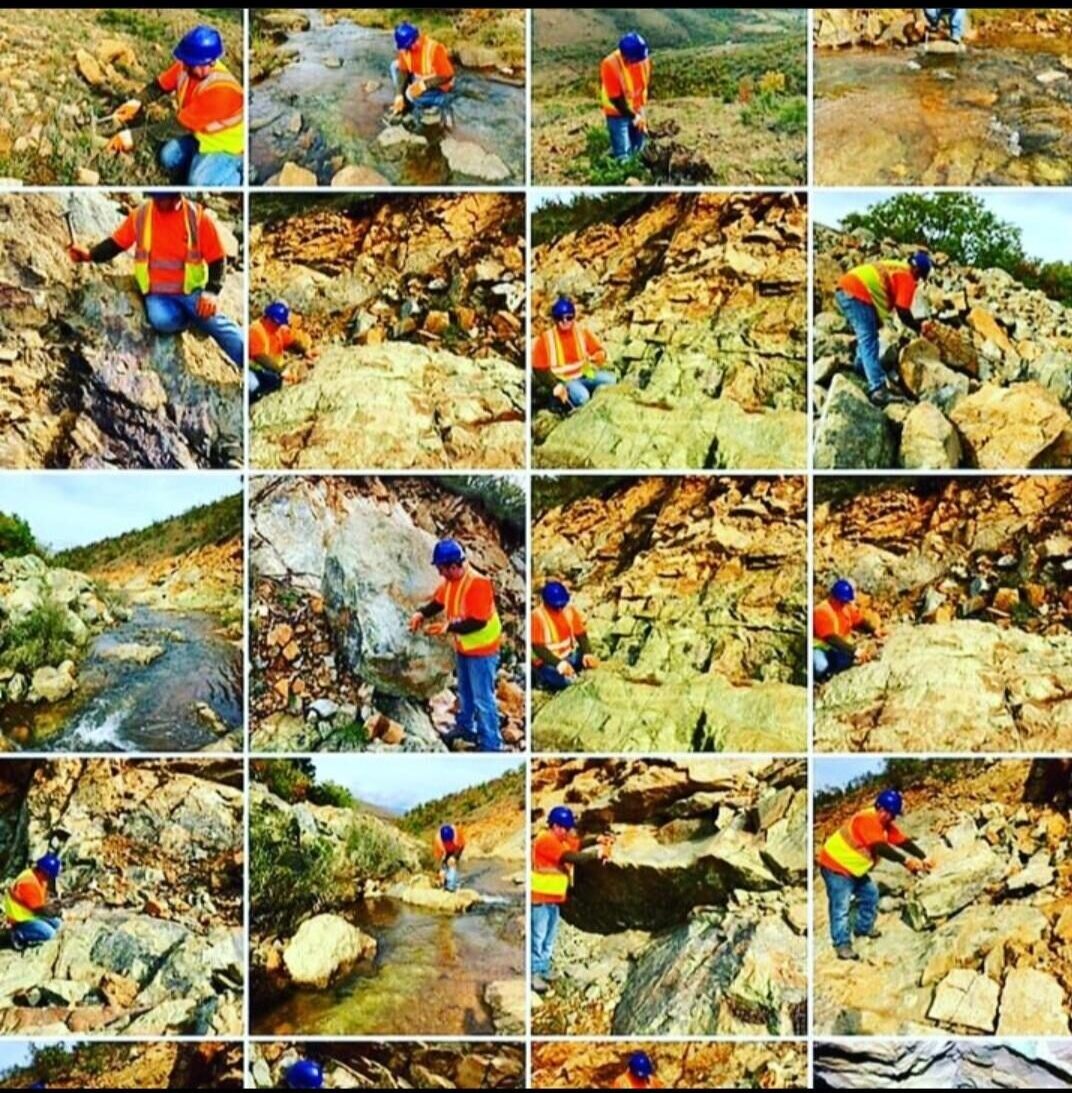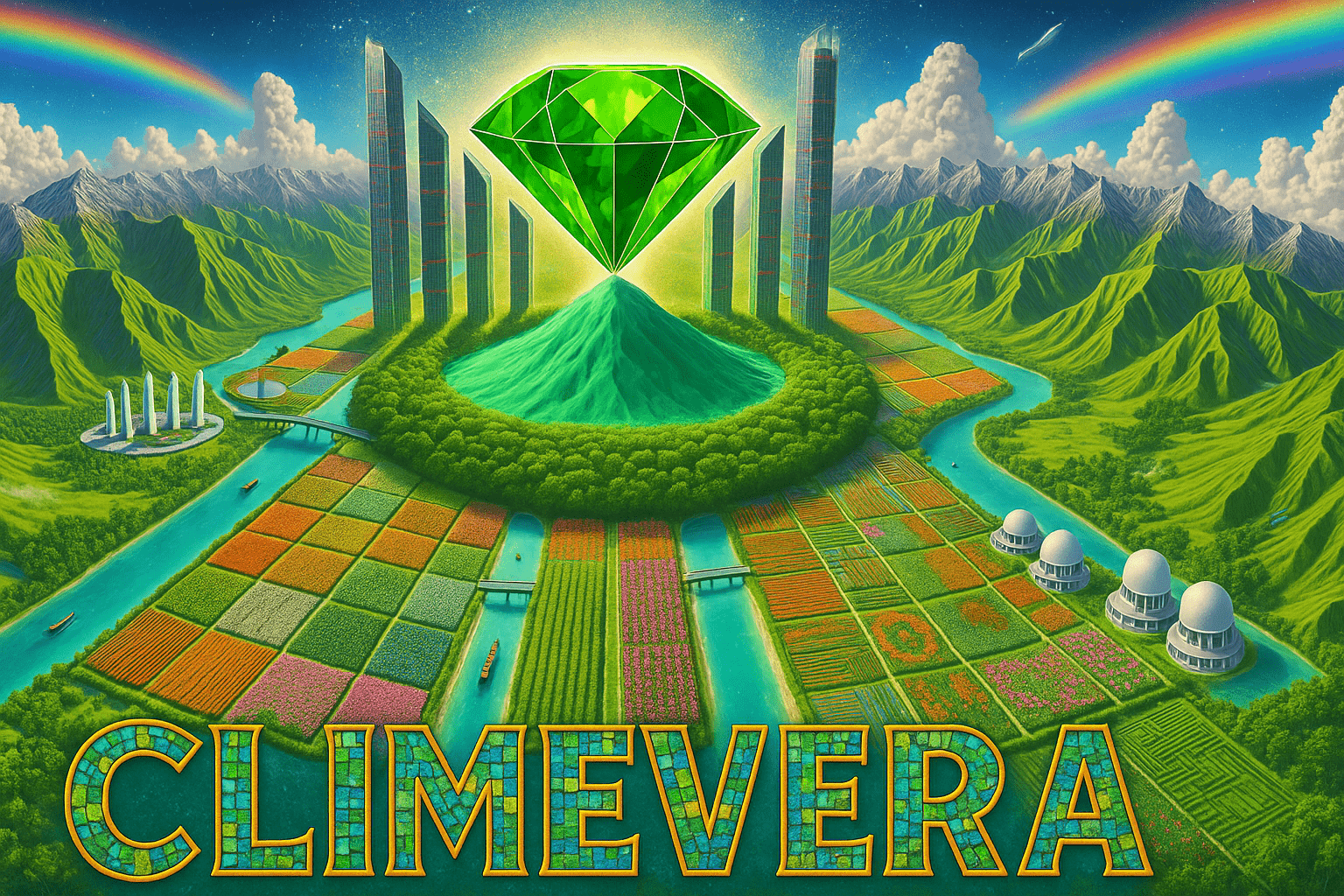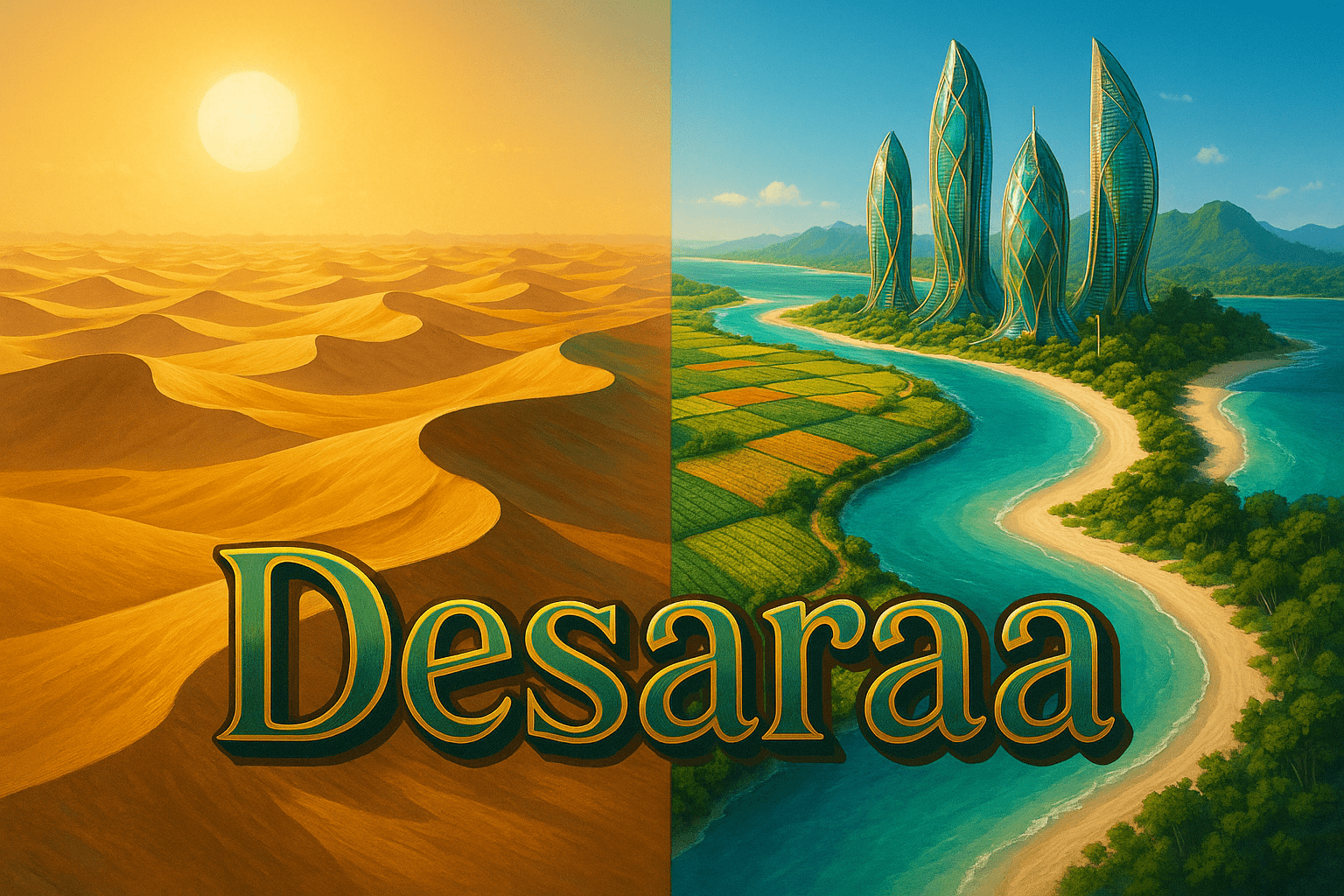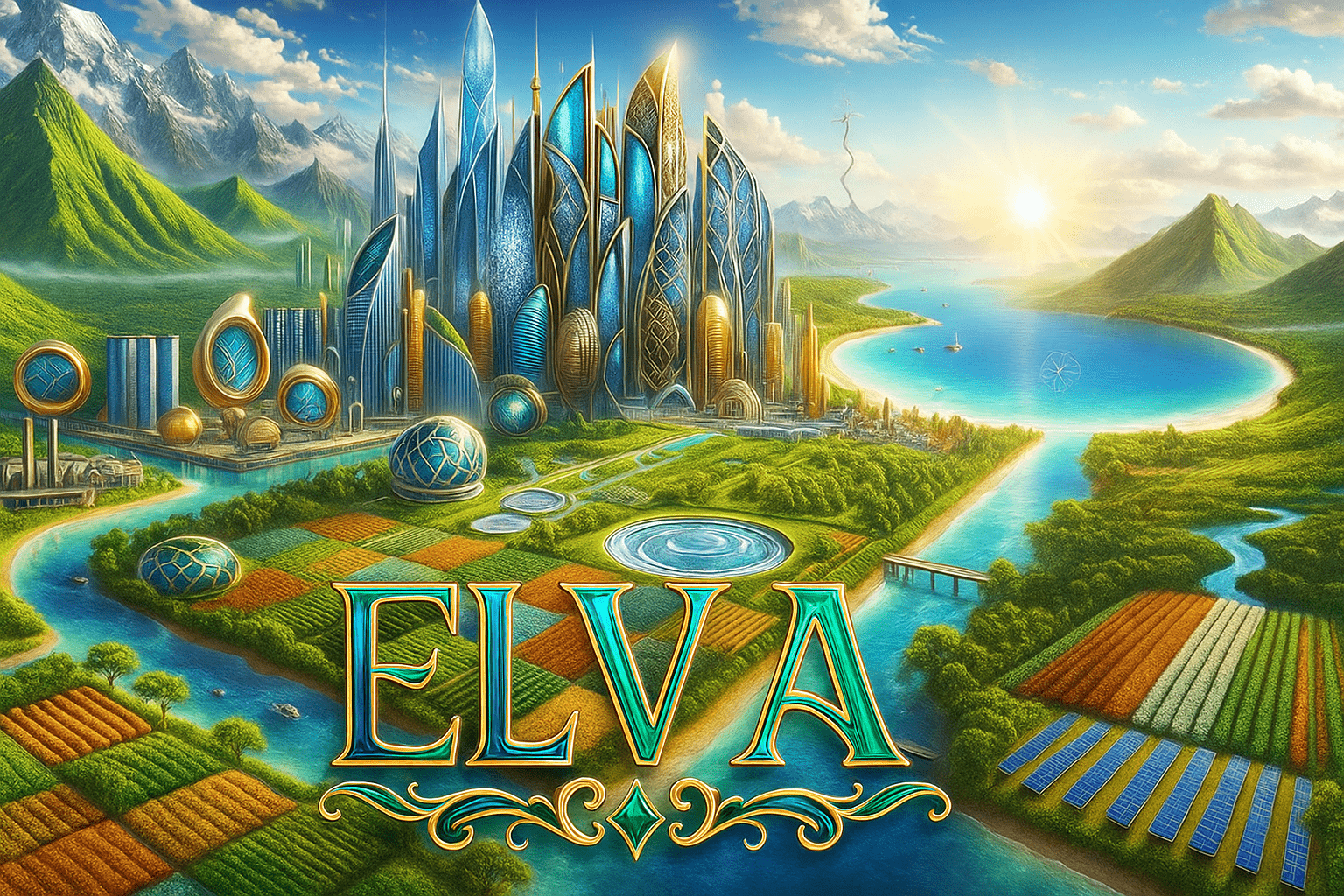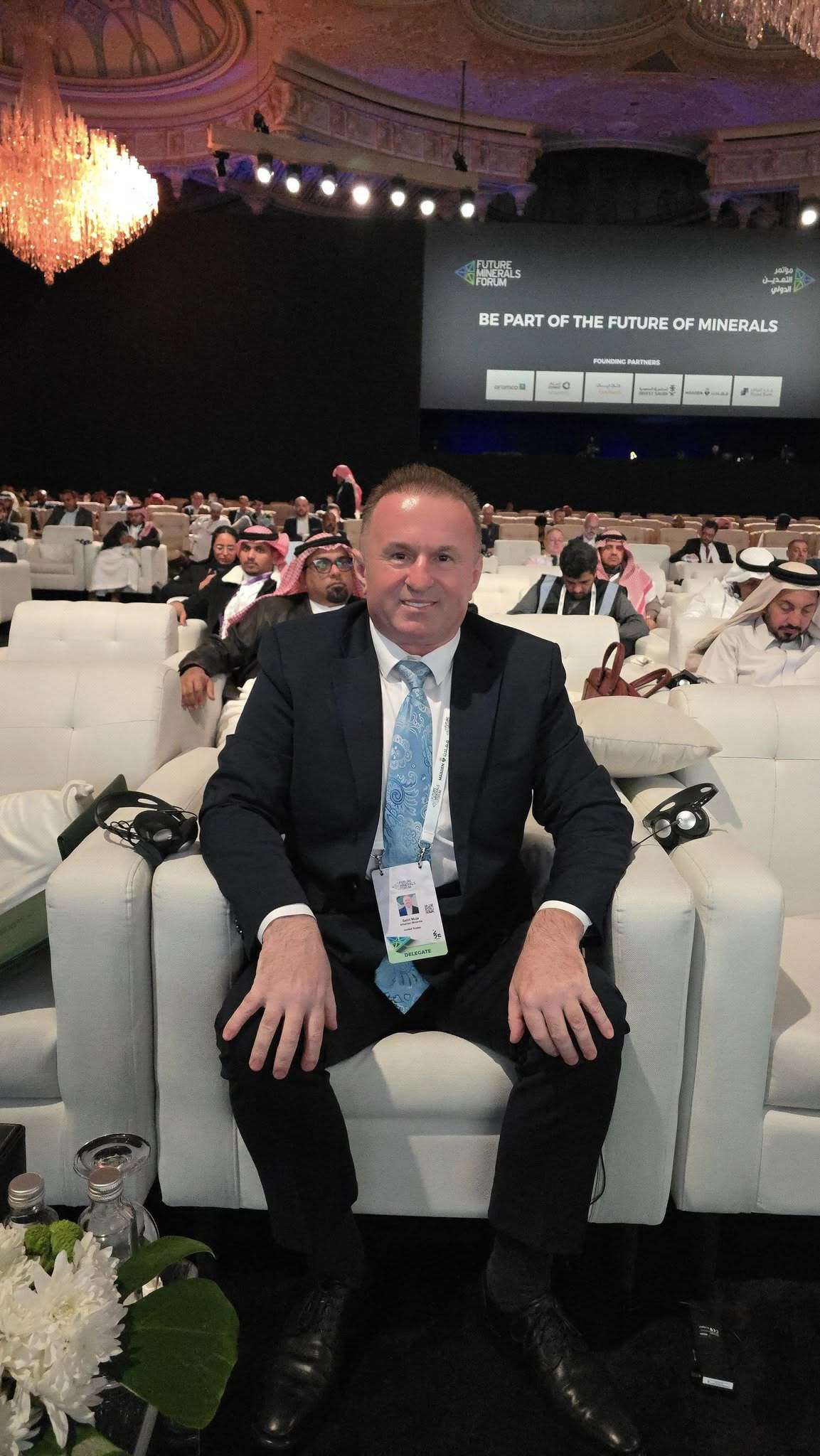
Under the visionary leadership of Sahit Muja, Albanian Minerals stands at the vanguard of a profound transformation—one that bridges geology, technology, and human ingenuity to heal a planet long burdened by pollution and climate degradation. Across the world, the legacies of industrialization have poisoned air, water, and soil, leaving behind a landscape of toxicity and imbalance. Over ten million lives are lost each year to pollution, and the global economy suffers trillions in damages. Yet where many see despair, Albanian Minerals sees the dawn of a new industrial and ecological revolution—a renaissance rooted in science, sustainability, and the Earth’s own regenerative power.
At the heart of this movement lies a simple yet extraordinary mineral: magnesium olivine. This ancient green crystal, abundant in the Earth’s mantle and richly present in Albania, possesses the innate ability to capture carbon dioxide, neutralize acidity, and transform toxic metals into stable, harmless forms. Through advanced geochemical processes, Albanian Minerals has refined olivine’s natural properties into a scalable, self-sustaining technology capable of reversing some of the planet’s gravest environmental crises. The company’s innovations harness sunlight, rainfall, ocean wave energy, and the intrinsic alchemy of minerals to purify air and water, restore soils, and even rejuvenate oceans. In this model, pollution itself becomes raw material—transformed from liability to asset, from waste to wealth, from decay to renewal.
Under Sahit Muja’s guidance, Albanian Minerals has become a symbol of what visionary industrialism can achieve when aligned with natural intelligence. The company’s technologies neutralize lethal gases such as sulfur dioxide, carbon monoxide, carbon dioxide, ozone, and nitrogen oxides, converting them into permanent, regenerative mineral compounds. Likewise, heavy metals—cadmium, lead, mercury, arsenic, nickel, chromium, and uranium—are immobilized through molecular transformation, rendered inert and eternal. The byproducts of these processes enrich soils with magnesium, iron, and silicates, fostering fertility, biodiversity, and agricultural vitality. What once poisoned life now sustains it.
This transformative philosophy resonates deeply with the monumental strides taking place in Saudi Arabia—where innovation, sustainability, and diversification are reimagining the very concept of national progress. Under its Vision 2030 initiative, the Kingdom has embarked on a historic journey to move beyond oil dependency, nurturing an economy built upon knowledge, technology, and green growth. During recent engagements in Saudi Arabia, Sahit Muja explored this dynamic transformation firsthand, studying the nation’s economic engines, educational systems, and evolving workforce. He found inspiration in the Kingdom’s remarkable advancements—especially in education, where women now make up 53 percent of university enrollments, a testament to the country’s inclusive vision for the future.
Saudi Arabia’s modernization represents one of the most ambitious economic metamorphoses in the modern world. The Public Investment Fund (PIF), the sovereign wealth fund driving much of this transformation, is reshaping global industries through strategic investments across technology, energy, entertainment, and infrastructure. From partnerships with companies like Lucid Motors and Uber to pioneering ventures in renewable energy and sustainable real estate, the PIF embodies a nation charting a bold new course—where innovation is both an economic strategy and a moral commitment to the planet’s future. These investments are not merely financial; they are instruments of transformation designed to integrate technology and sustainability into the Kingdom’s evolving social and industrial fabric.
The Kingdom’s pursuit of clean energy and environmental regeneration aligns seamlessly with the principles guiding Albanian Minerals. Through the Green Saudi Initiative and the broader Vision 2030 framework, Saudi Arabia is committing to plant billions of trees, expand protected natural areas, and generate nearly sixty gigawatts of renewable energy by 2030. Central to this strategy is hydrogen—particularly green hydrogen derived from renewable sources—a field in which Saudi Arabia aims to achieve global leadership. The NEOM project, a futuristic city rising from the desert, embodies this ambition: powered entirely by renewables, it will serve as a living model for sustainable urban design, green manufacturing, and carbon-free industry. Partnerships with global pioneers such as Germany and Japan and investments by companies like ACWA Power are accelerating Saudi Arabia’s transition into a clean-energy powerhouse.
This convergence between Albanian Minerals and Saudi Arabia is more than a partnership—it is a philosophical alignment. Both recognize that the same forces that once fueled industrial growth can now power planetary restoration. By uniting mineral intelligence with renewable energy and digital technology, humanity can re-engineer the Earth’s systems toward balance and regeneration. Albanian Minerals’ olivine-based technology complements Saudi Arabia’s green ambitions, offering the means to capture carbon at scale, detoxify industrial sites, and integrate mineral-based carbon sequestration into global sustainability strategies.
Through these shared efforts, the boundaries between industry and ecology are dissolving. Energy no longer comes at the expense of the environment; growth no longer requires degradation. This is capitalism refined to its highest form—ethical, profitable, and restorative. The collaboration between Albanian Minerals and Saudi Arabia signals a new global paradigm, where prosperity and planetary health advance in unison.
Under Sahit Muja’s leadership, this vision transcends the traditional limits of industry. It envisions a civilization where pollution is not merely controlled but transformed; where every molecule of carbon, sulfur, or metal becomes part of a regenerative cycle; where technology and nature co-create the conditions for abundance. It is a vision that sees the Earth not as an exhausted resource, but as an intelligent system capable of healing itself when guided by human innovation.
The implications are extraordinary. Carbon dioxide is captured and crystallized into stone. Toxic metals are rendered harmless, their poisons reborn as minerals of permanence. Polluted soils yield fertile harvests. Oceans regain their balance. Air, once thick with industrial haze, becomes pure again. This is the blueprint for a regenerative civilization—a world where science, sustainability, and moral vision unite to redefine the future of life on Earth.
Sahit Muja’s work with Albanian Minerals and his collaboration with Saudi Arabia exemplify how visionary leadership can transform global challenges into a symphony of opportunity. Together, they are forging a path toward a trillion-dollar green economy powered not by extraction, but by regeneration; not by exploitation, but by harmony. Through minerals, technology, and human will, the planet’s wounds are being rewritten as stories of renewal. The age of passive remediation is over—the age of planetary restoration has begun.
Albanian Minerals CEO Sahit Muja said; “In my journey through the evolving landscapes of global industry, I have come to understand that true progress is not measured merely by what we extract, but by how we cultivate value, knowledge, and opportunity from the resources entrusted to us. At Albanian Minerals, under my leadership, we have embraced a vision that transcends borders, partnering with the Kingdom of Saudi Arabia to not only advance industrial excellence but to align with a future defined by innovation, sustainability, and shared prosperity. Together, we are charting a course where minerals are transformed into engines of economic growth, where technological insight meets natural wealth, and where strategic collaboration becomes a bridge connecting ambition with tangible impact. This partnership is more than investment; it is a commitment to a global narrative where science, industry, and human ingenuity converge, shaping a legacy that honors the earth, empowers communities, and inspires generations to come.”


